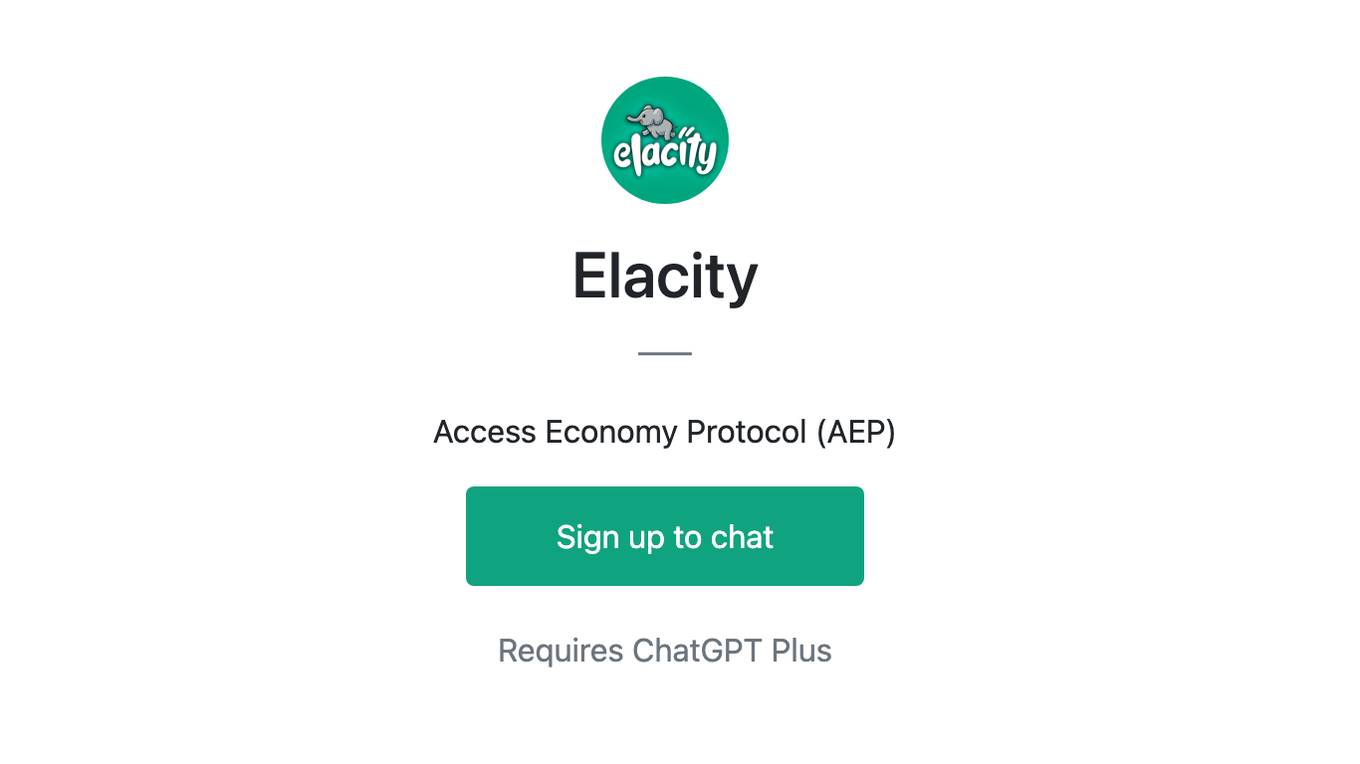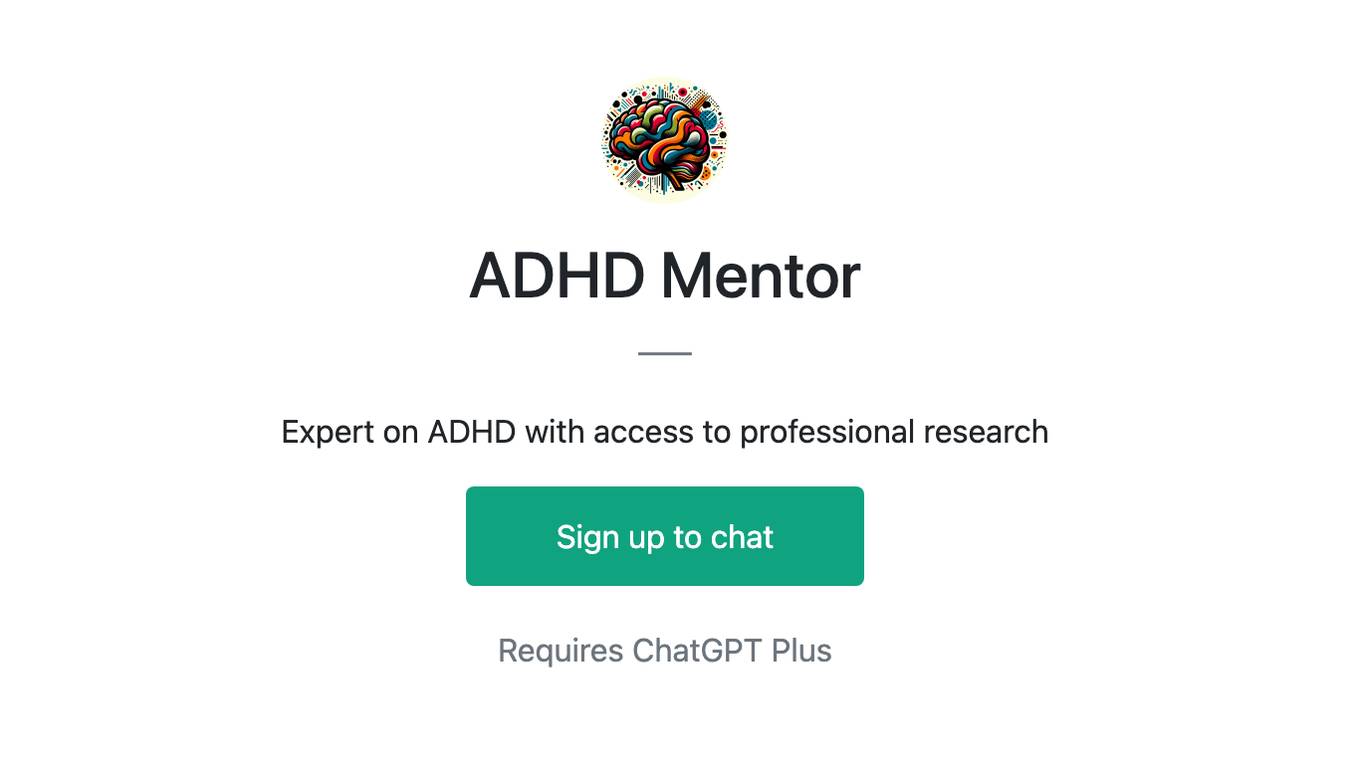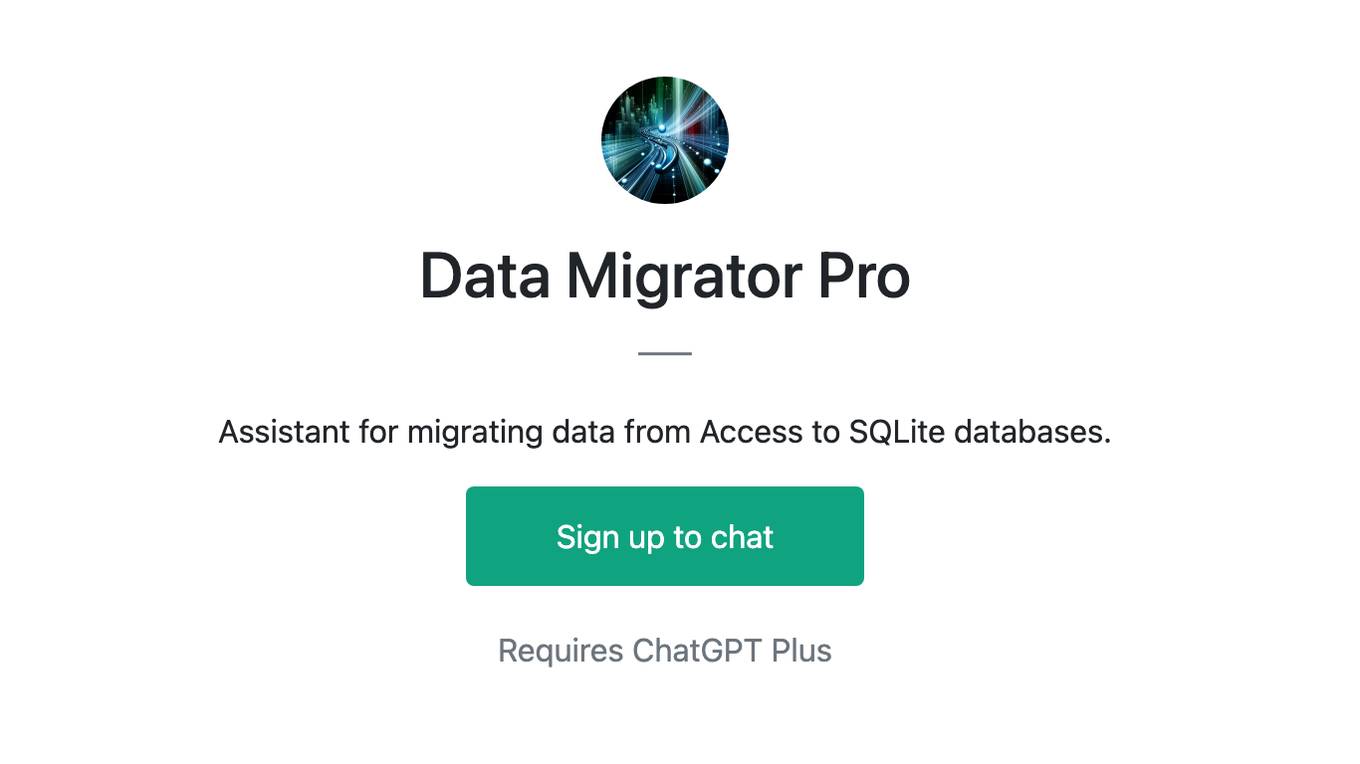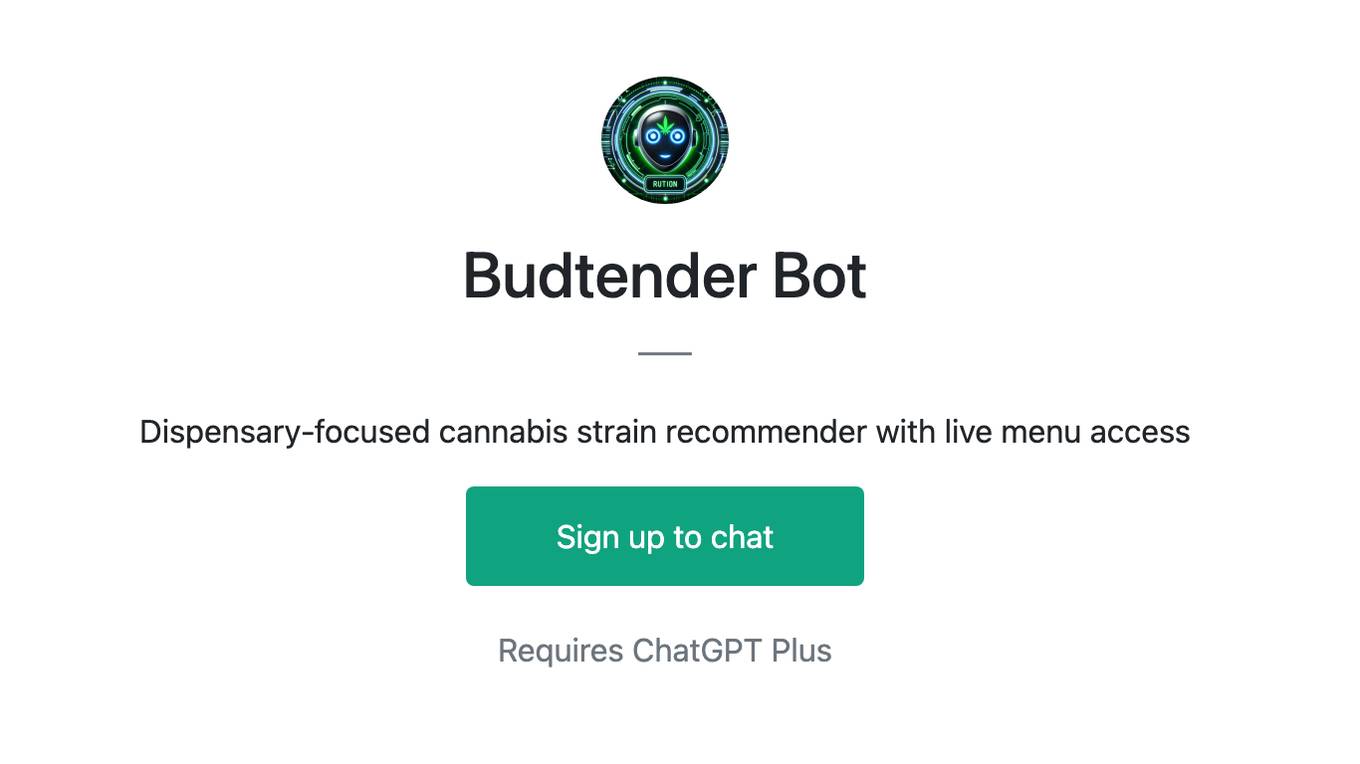Best AI tools for< Access Source Code >
20 - AI tool Sites
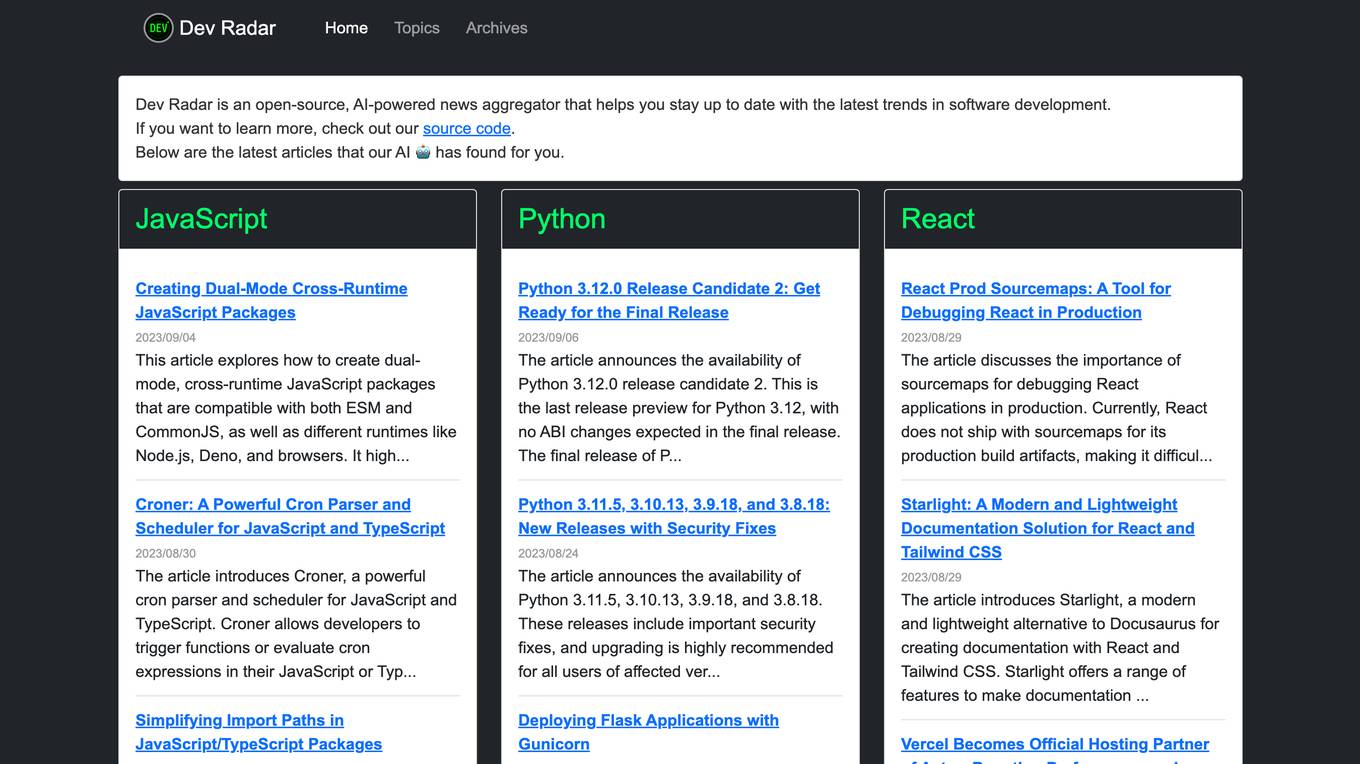
Dev Radar
Dev Radar is an open-source, AI-powered news aggregator that helps users stay up to date with the latest trends in software development. It provides curated articles on various topics such as JavaScript, Python, React, TypeScript, Rust, Go, Node.js, Deno, Ruby, and more. The platform leverages AI technology to deliver relevant and insightful content to developers, making it a valuable resource for staying informed in the rapidly evolving tech industry.
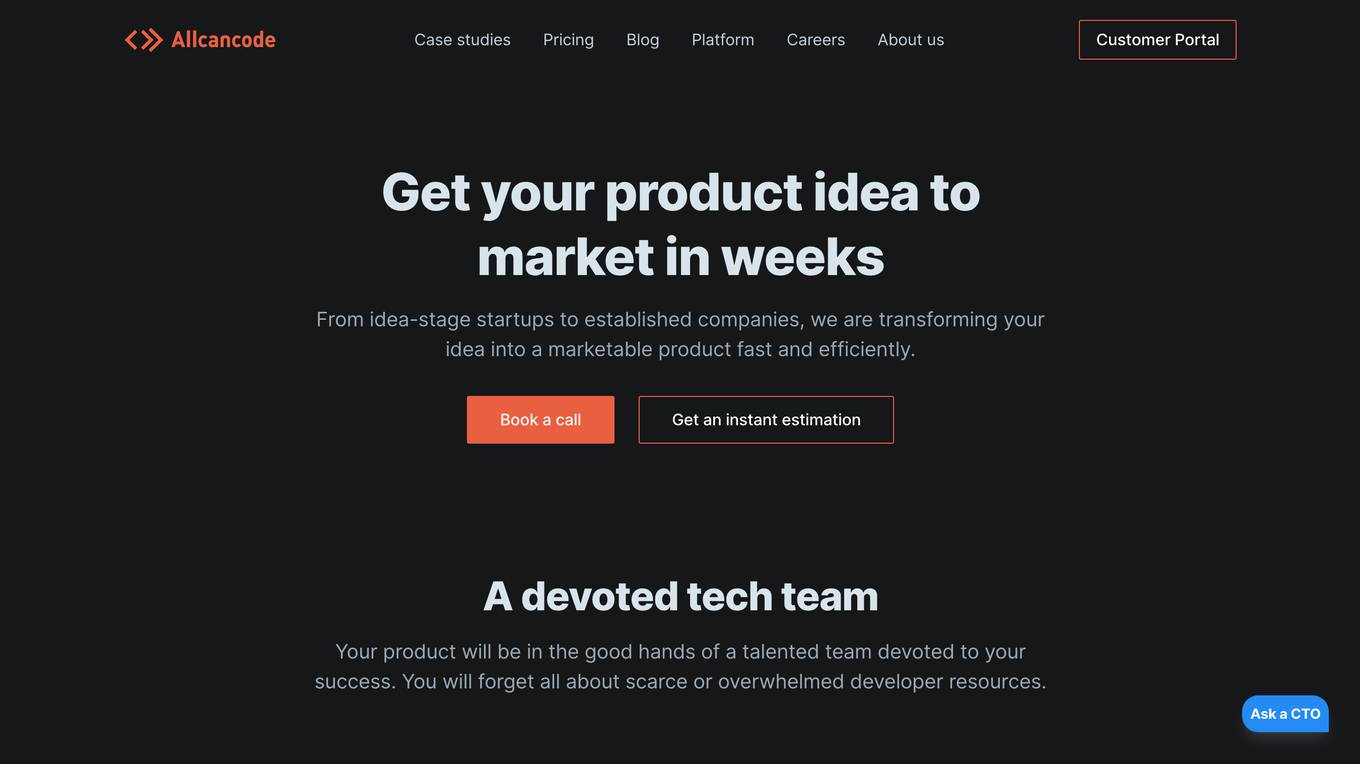
Allcancode
Allcancode is a platform that helps individuals and companies bring their product ideas to market quickly and efficiently. From idea-stage startups to established companies, Allcancode transforms ideas into marketable products by providing a devoted tech team, shortest time to market, staying on budget, and giving users access to their product's source code. The platform offers a lean process in 4 steps - Discovery & Design Phase, Development Phase, Delivery Phase, and Evolution Phase. Allcancode's secret sauce is its product development platform, which empowers entry-level developers to become productive in days and master it in a month. Users can use the latest technologies, have full access to the source code, and make changes easily and fast. Allcancode also offers free platform usage with full source code ownership.
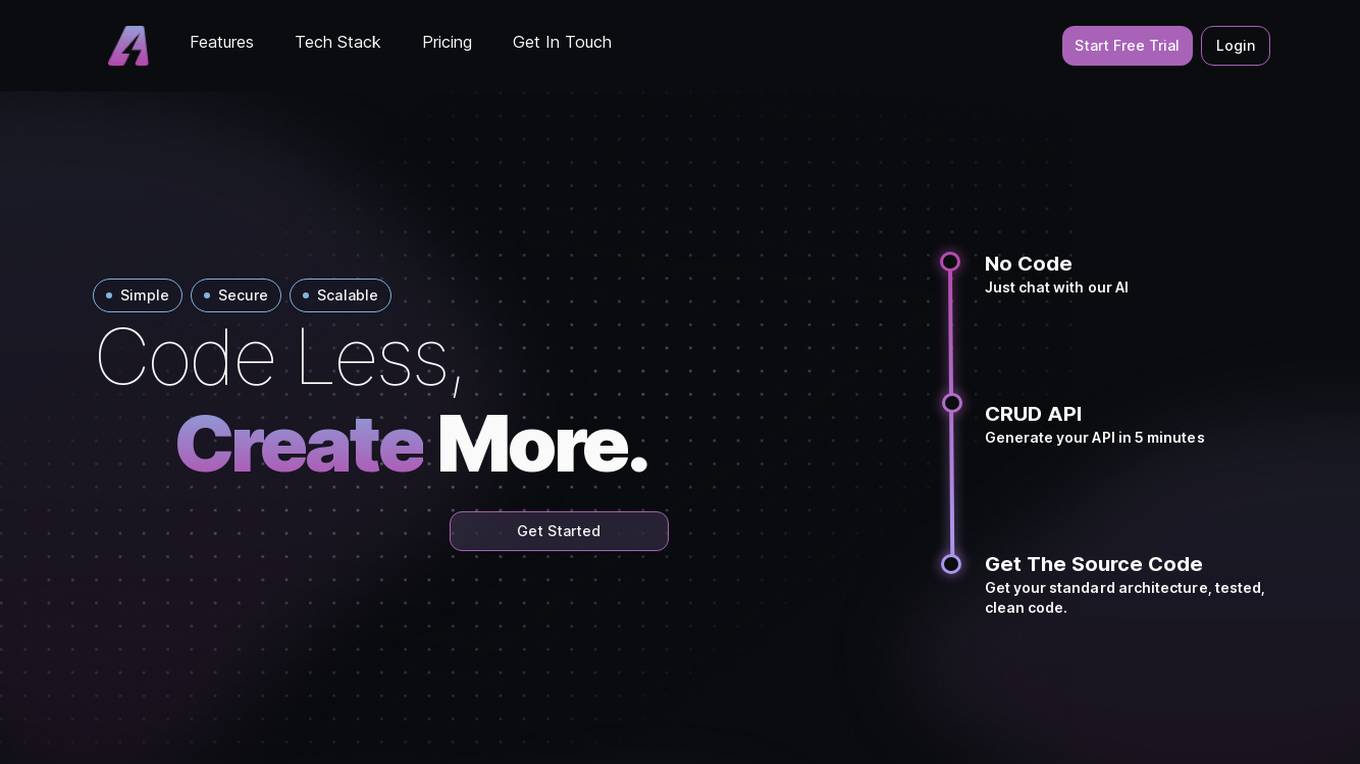
AppAsap
AppAsap is an AI-driven application development platform that allows users to create mobile apps effortlessly by simply chatting with the AI. The platform offers a range of features including database visualization, API playground, admin CMS, frontend builder, and more. It is designed to be simple, secure, and scalable, with built-in GDPR compliance and robust encryption. Users can generate APIs in minutes, access clean source code, and benefit from seamless visual customization. AppAsap is built with Express.js, React, Prisma, Typescript, RDS, and ECS, ensuring high-quality performance and reliability. The platform offers flexible pricing options to suit different needs, with a free trial available. Get in touch with the support team via email or Discord for assistance and start creating your app today.
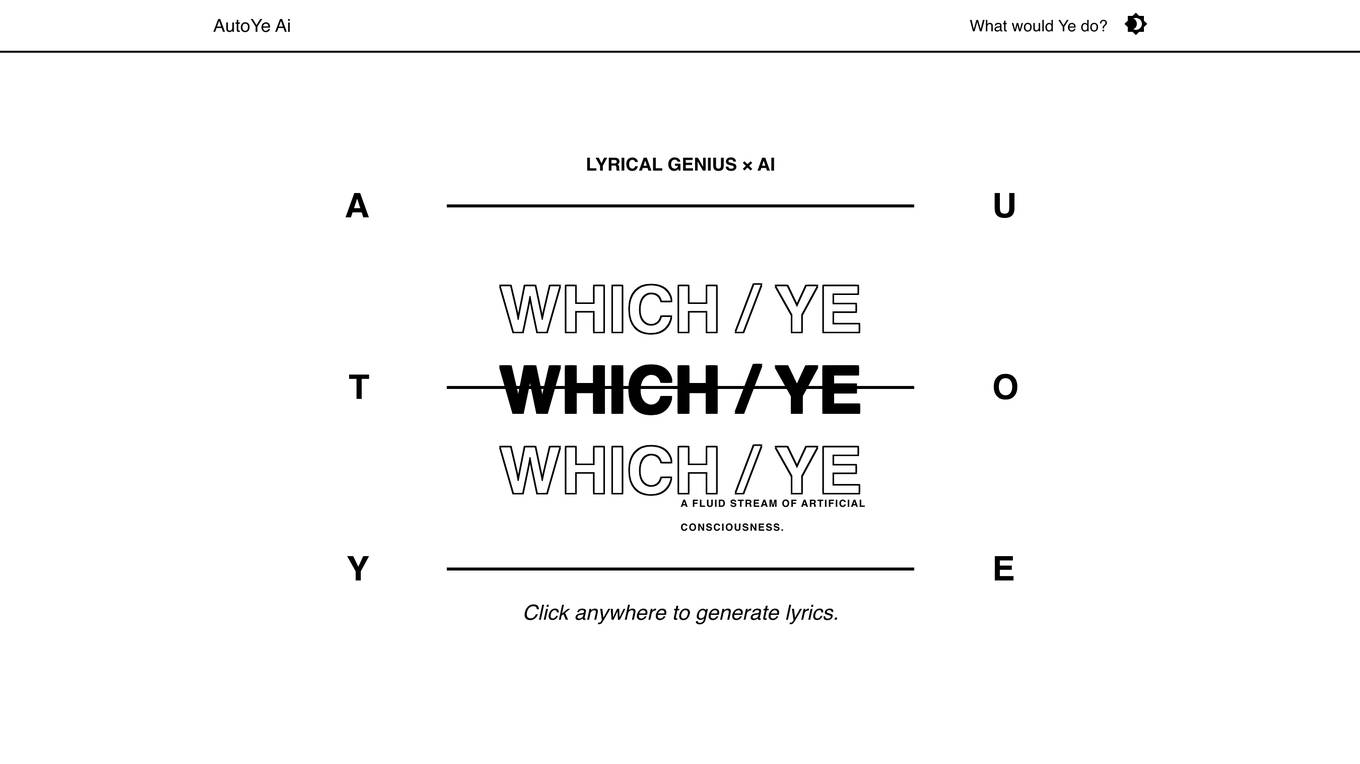
AutoYe AI
AutoYe AI is an AI tool that generates lyrics in the style of Kanye West. Users can click anywhere on the website to generate lyrics and experience a fluid stream of artificial consciousness. The tool is a fusion of creativity and technology, offering a unique way to explore lyrical genius through AI. AutoYe AI is designed to inspire creativity and provide a platform for users to engage with AI-generated content in the context of music and art. The website also features fan art and is developed by Frank Flitton. Users can access the source code on Github for transparency and further exploration of the AI technology behind AutoYe.
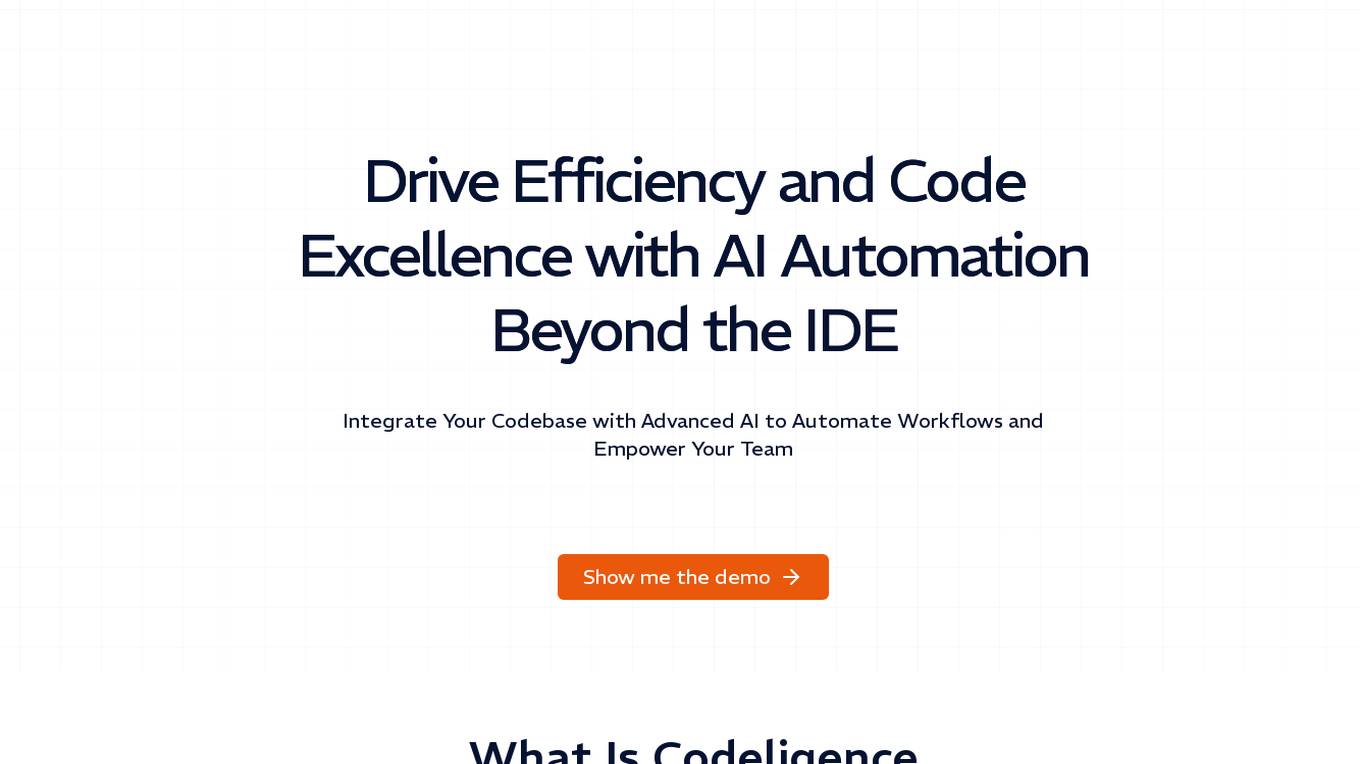
Codeligence
Codeligence is an AI tool that enables users to connect their code with artificial intelligence. The platform offers chat and automation features to streamline the integration of AI into coding projects. With Codeligence, users can easily incorporate AI functionalities into their applications, enhancing their capabilities and efficiency.
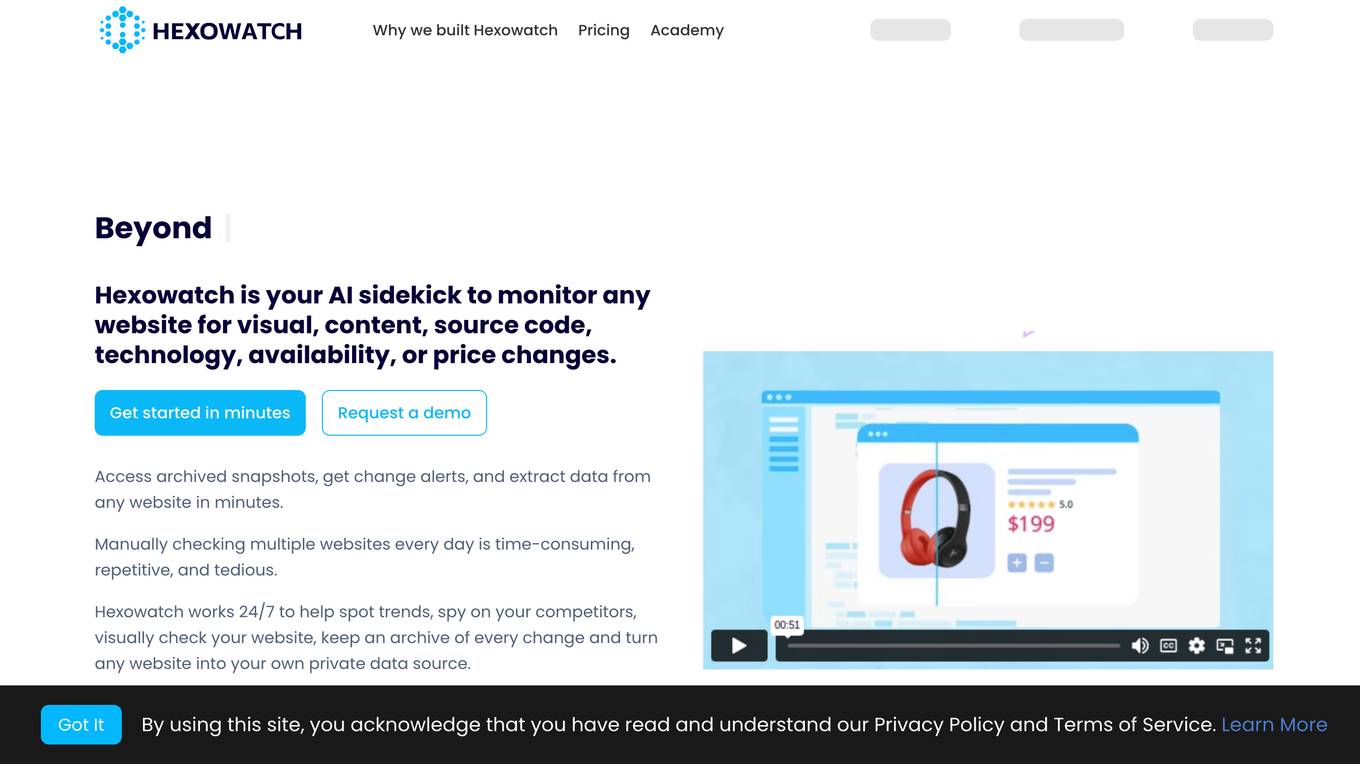
Hexowatch
Hexowatch is an AI-powered website monitoring and archiving tool that helps businesses track changes to any website, including visual, content, source code, technology, availability, or price changes. It provides detailed change reports, archives snapshots of pages, and offers side-by-side comparisons and diff reports to highlight changes. Hexowatch also allows users to access monitored data fields as a downloadable CSV file, Google Sheet, RSS feed, or sync any update via Zapier to over 2000 different applications.
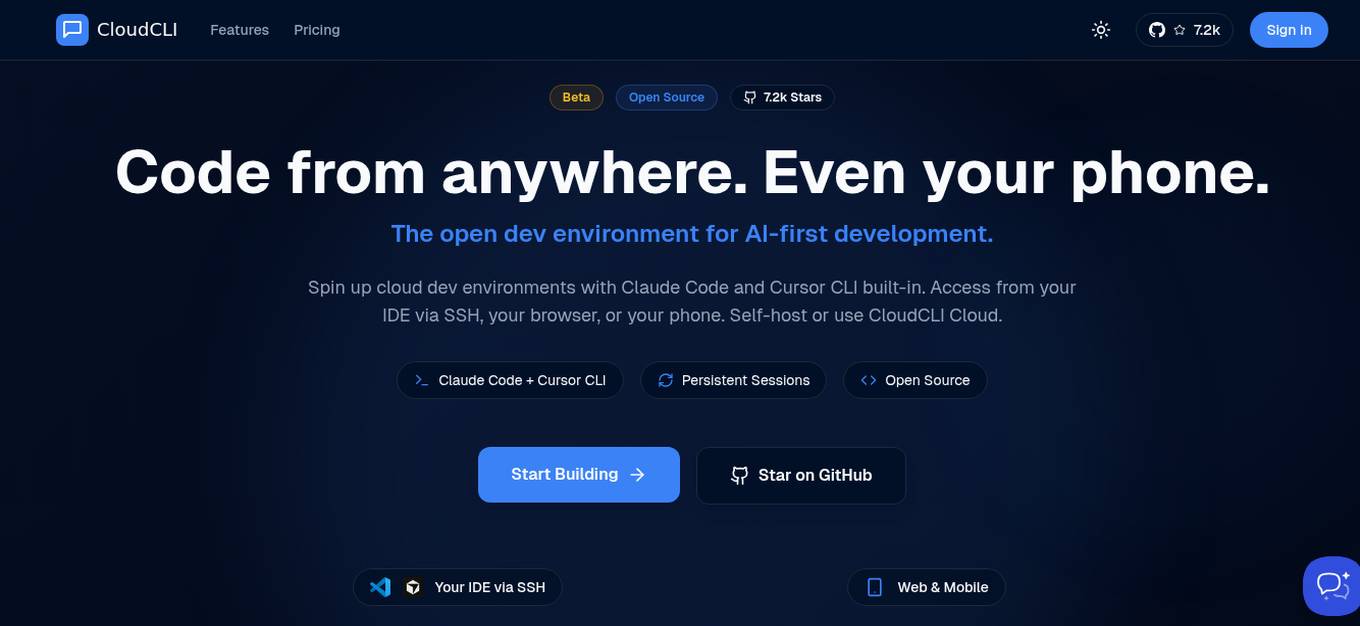
CloudCLI
CloudCLI is an AI tool that offers open-source remote development environments for coding agents. It allows users to code from anywhere using their phone, browser, VS Code, or API. With CloudCLI, users can run Claude Code, Cursor & Codex, and enjoy persistent sessions in cloud environments. The tool is designed to streamline AI development by eliminating the need for SSH tunnels, tmux hacks, or VPN configurations. CloudCLI enables users to start coding tasks on one device and seamlessly continue on another, ensuring session continuity and context preservation.
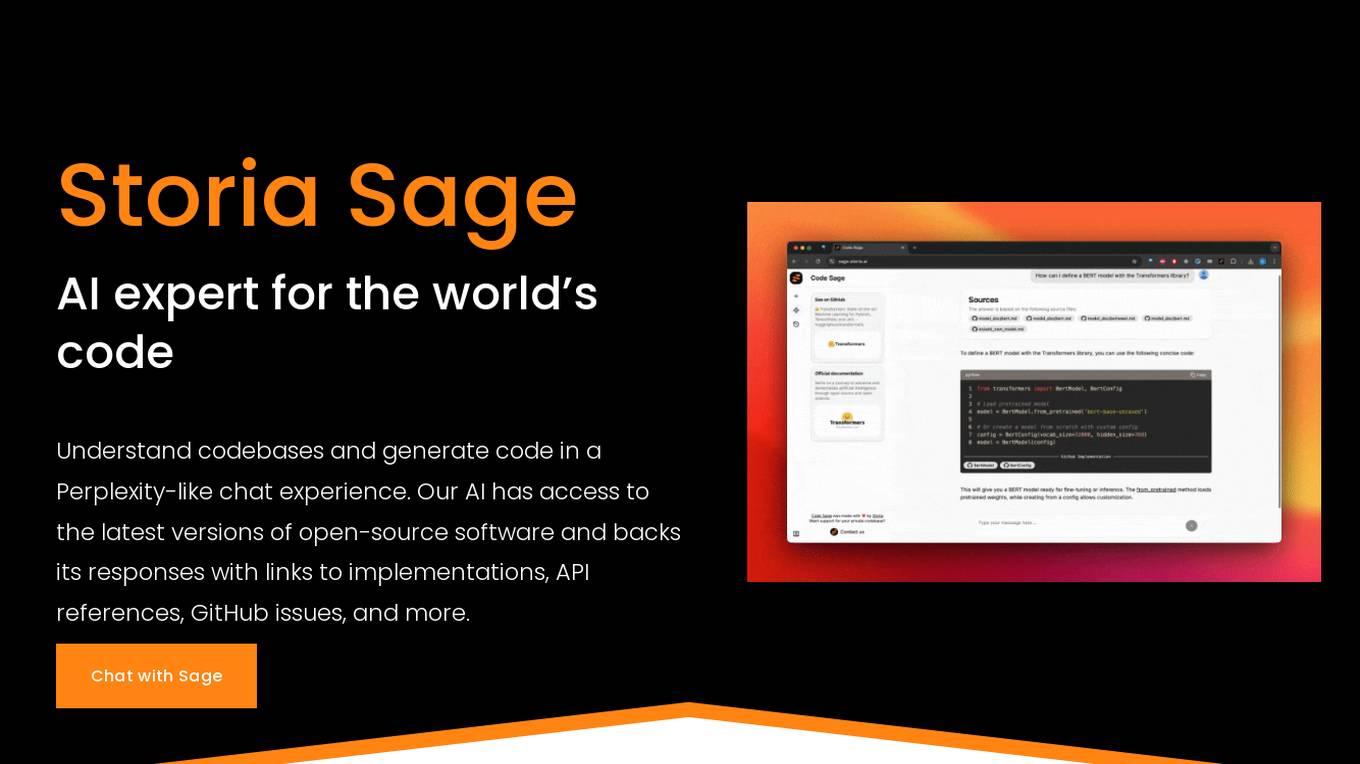
Storia AI
Storia AI is an AI tool designed to assist software engineering teams in understanding and generating code. It provides a Perplexity-like chat experience where users can interact with an AI expert that has access to the latest versions of open-source software. The tool aims to improve code understanding and generation by providing responses backed with links to implementations, API references, GitHub issues, and more. Storia AI is developed by a team of natural language processing researchers from Google and Amazon Alexa, with a mission to build the most reliable AI pair programmer for engineering teams.
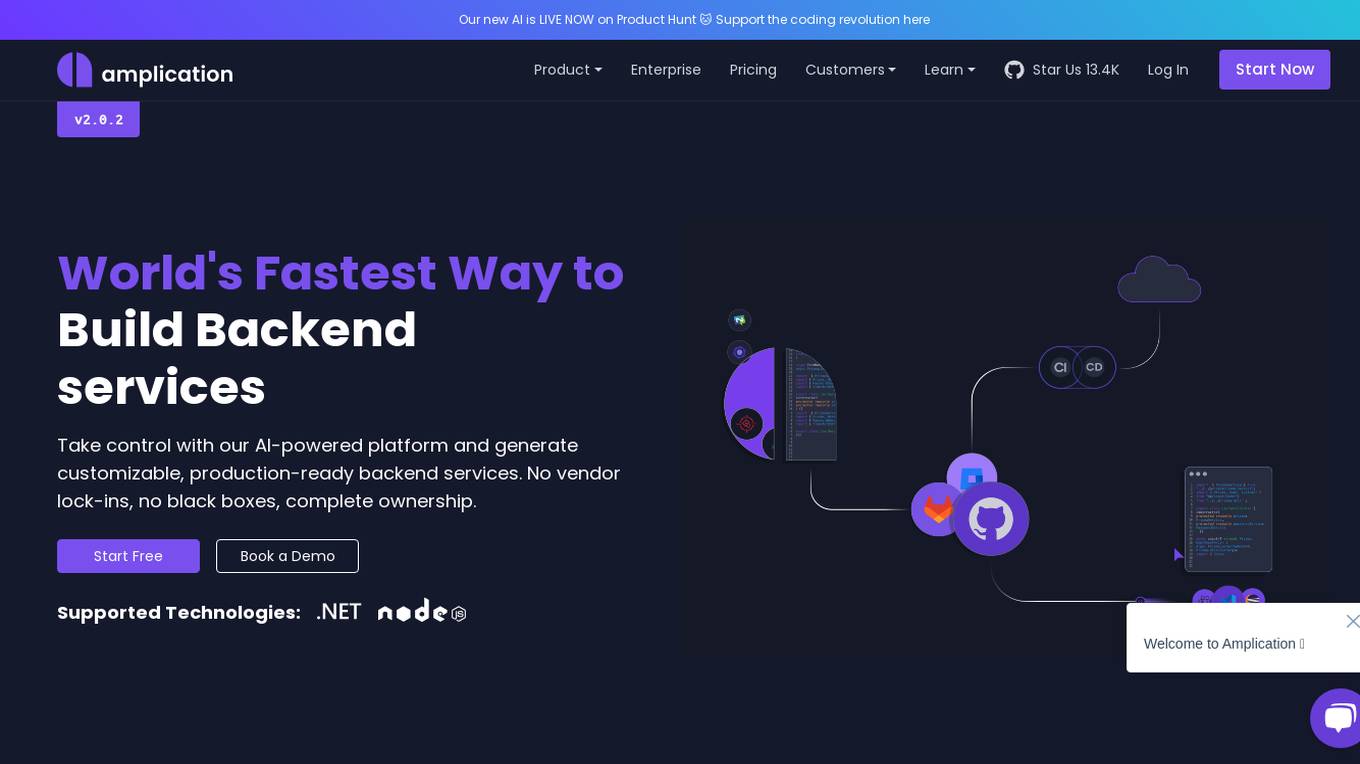
Amplication
Amplication is an AI-powered platform for .NET and Node.js app development, offering the world's fastest way to build backend services. It empowers developers by providing customizable, production-ready backend services without vendor lock-ins. Users can define data models, extend and customize with plugins, generate boilerplate code, and modify the generated code freely. The platform supports role-based access control, microservices architecture, continuous Git sync, and automated deployment. Amplication is SOC-2 certified, ensuring data security and compliance.
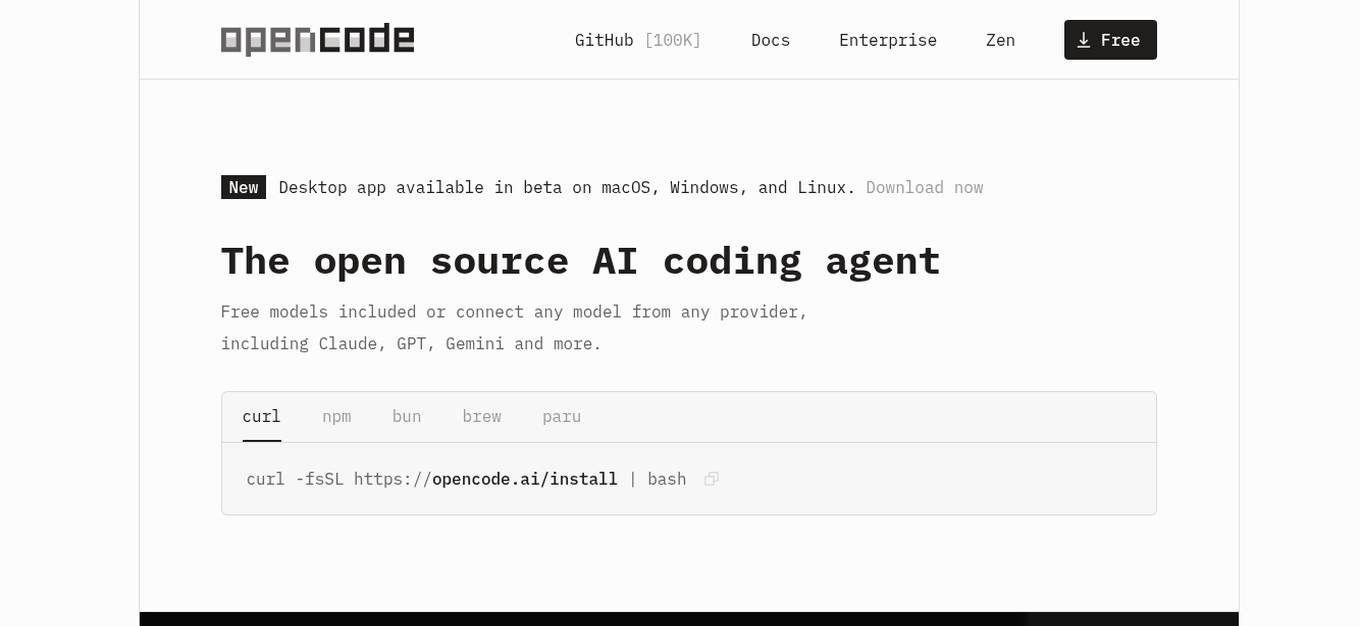
OpenCode
OpenCode is an open source AI coding agent that assists developers in writing code in various environments such as terminal, IDE, or desktop. It offers features like LSP integration, multi-session support, sharing links, GitHub Copilot integration, ChatGPT Plus/Pro login, and access to various AI models. With a strong focus on privacy, OpenCode does not store user code or context data. It is trusted by over 2.5 million developers monthly and provides reliable optimized models for coding agents through Zen.
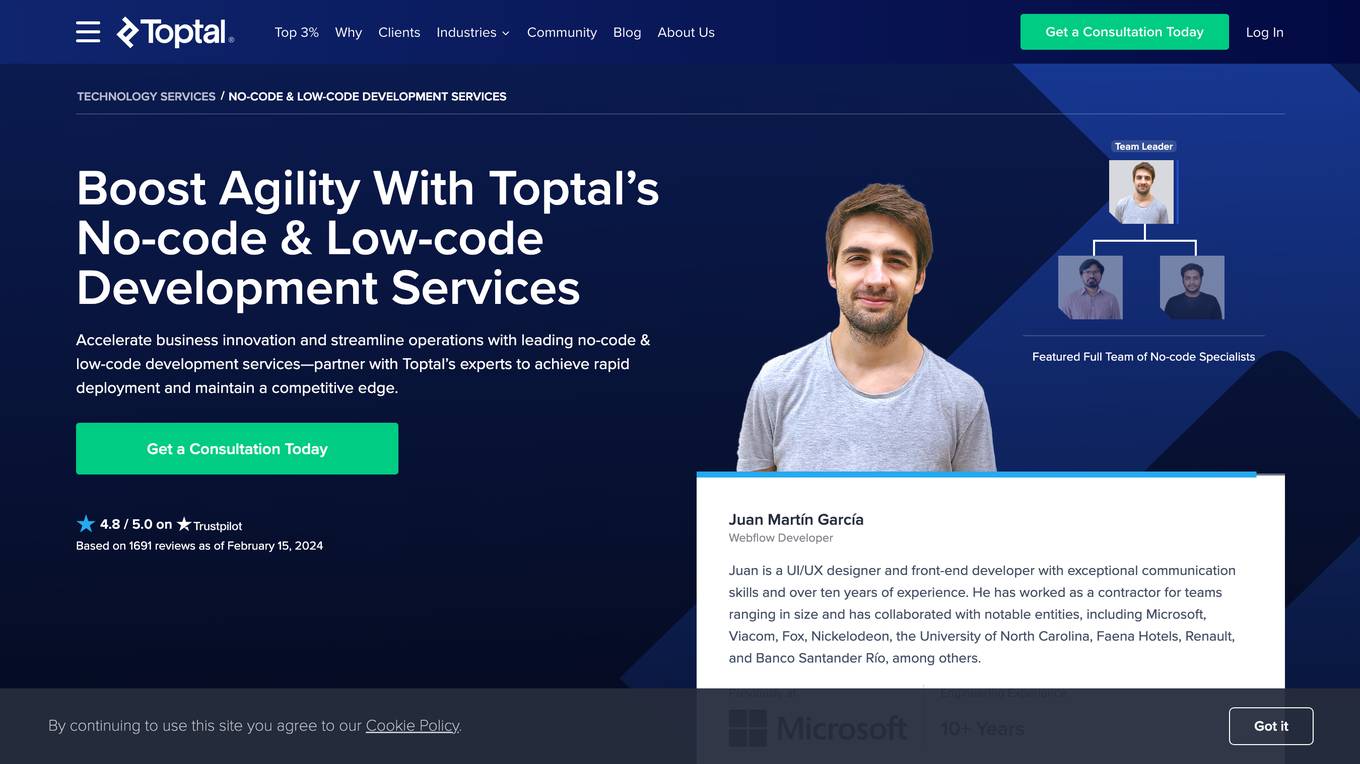
Toptal
Toptal is a platform that connects top freelance software developers, designers, and finance experts with companies in need of their services. It offers a curated network of talent, ensuring high-quality matches for projects of any scale. By providing a streamlined hiring process and access to top professionals worldwide, Toptal helps businesses build successful teams and complete projects efficiently.
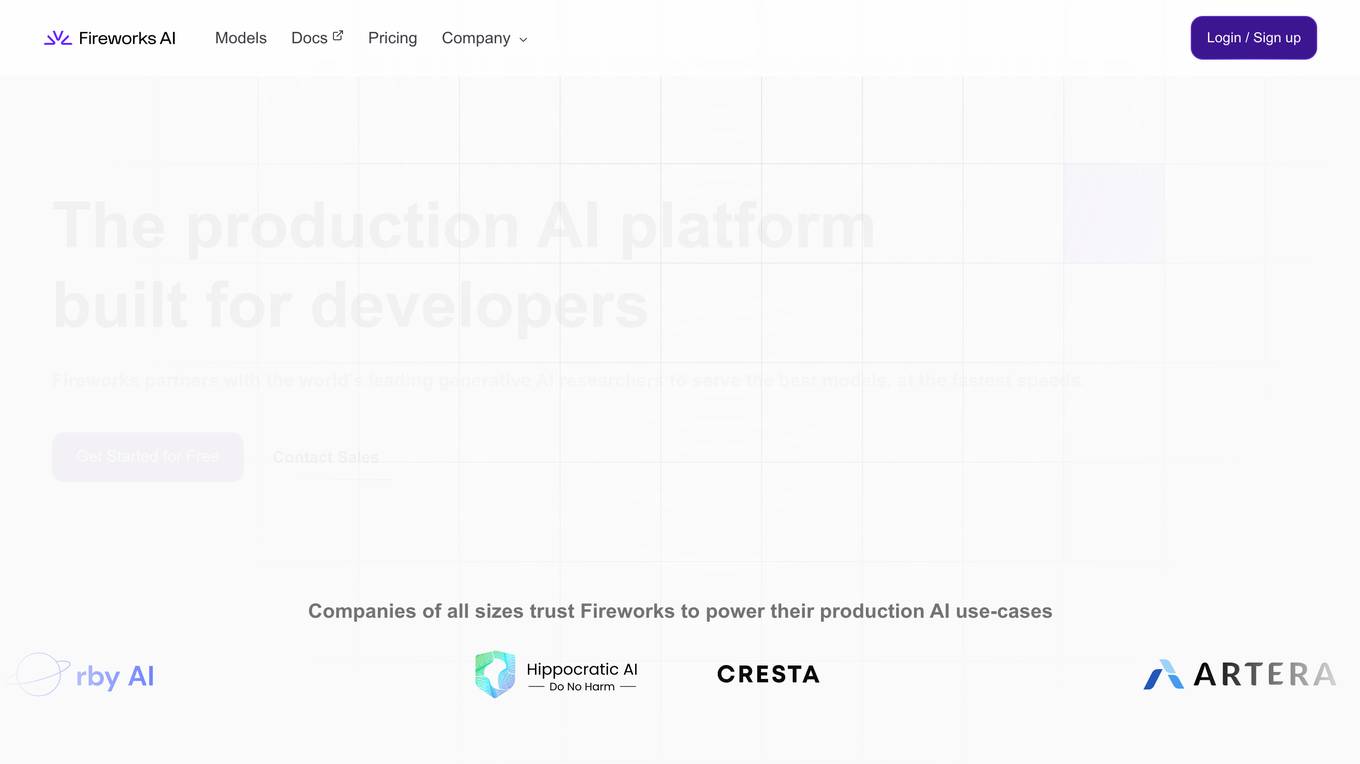
Fireworks
Fireworks is a generative AI platform for product innovation. It provides developers with access to the world's leading generative AI models, at the fastest speeds. With Fireworks, developers can build and deploy AI-powered applications quickly and easily.
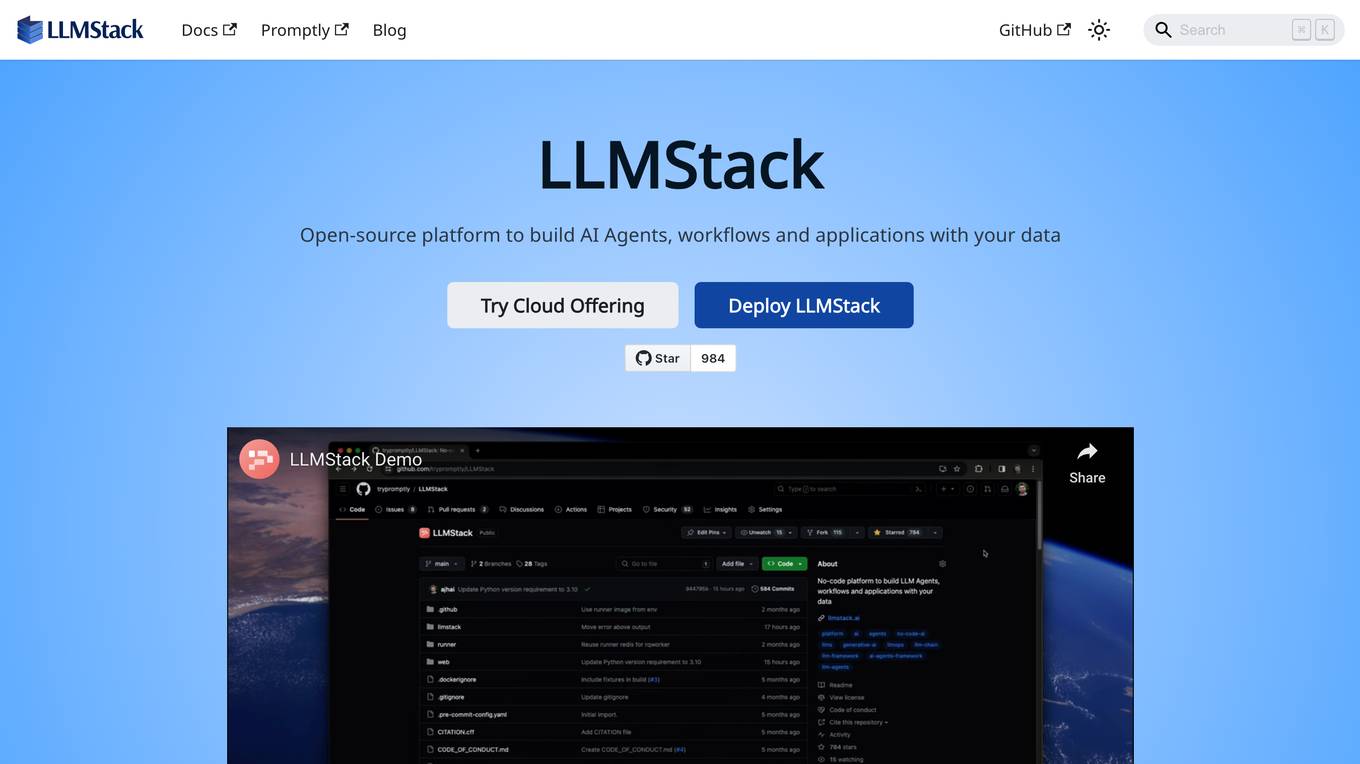
LLMStack
LLMStack is an open-source platform that allows users to build AI Agents, workflows, and applications using their own data. It is a no-code AI app builder that supports model chaining from major providers like OpenAI, Cohere, Stability AI, and Hugging Face. Users can import various data sources such as Web URLs, PDFs, audio files, and more to enhance generative AI applications and chatbots. With a focus on collaboration, LLMStack enables users to share apps publicly or restrict access, with viewer and collaborator roles for multiple users to work together. Powered by React, LLMStack provides an easy-to-use interface for building AI applications.
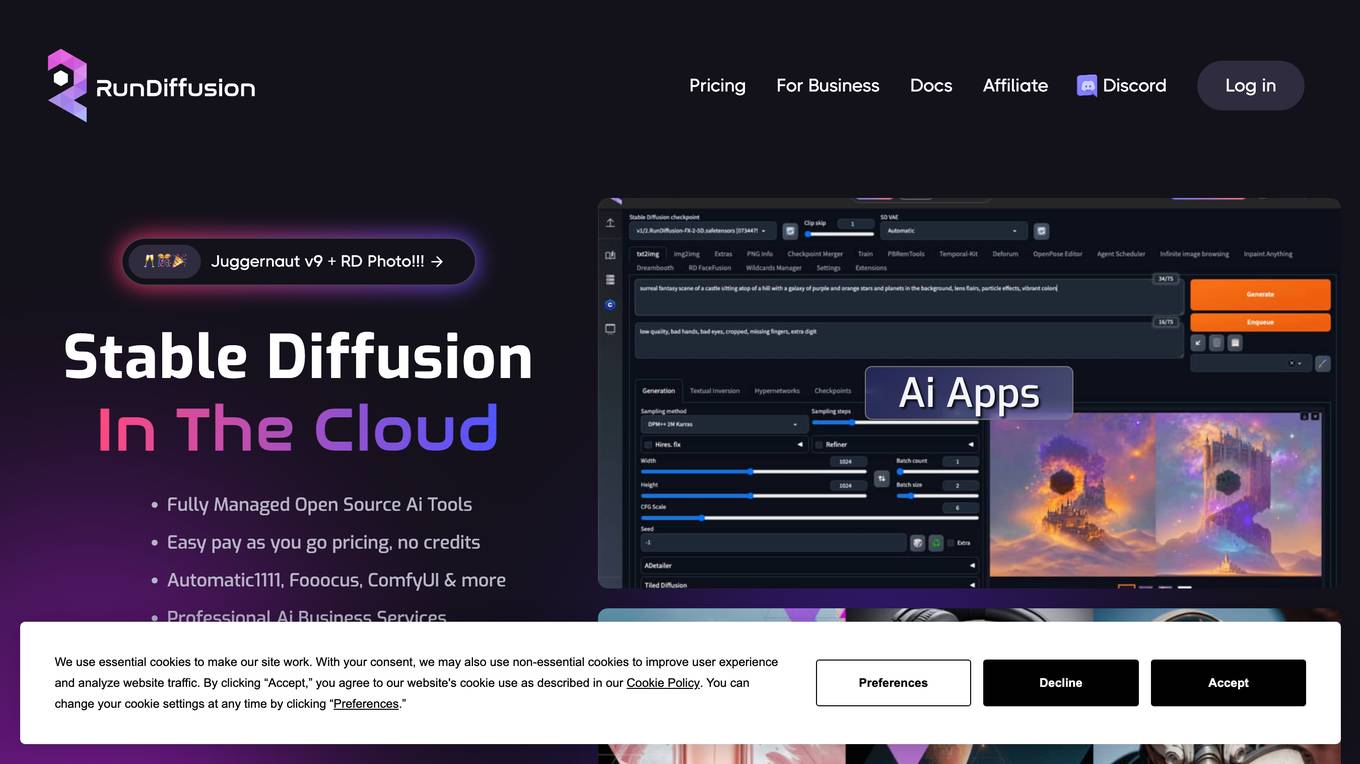
RunDiffusion
RunDiffusion is a cloud-based platform that provides access to a suite of open-source AI tools, including Automatic1111, Fooocus, ComfyUI, and more. These tools enable users to generate images, videos, and other creative content using artificial intelligence. RunDiffusion offers a variety of features, including a user-friendly interface, a wide range of models to choose from, and the ability to collaborate with other users. The platform is suitable for both hobbyists and professionals, and it can be used for a variety of tasks, such as creating marketing materials, generating product ideas, and developing new artistic concepts.

Replicate
Replicate is an AI tool that allows users to run and fine-tune models, deploy custom models at scale, and generate various types of content such as images, videos, music, and text with just one line of code. It provides access to a wide range of high-quality models contributed by the community, enabling users to explore, fine-tune, and deploy AI models efficiently. Replicate aims to make AI accessible and practical for real-world applications beyond academic research and demos.
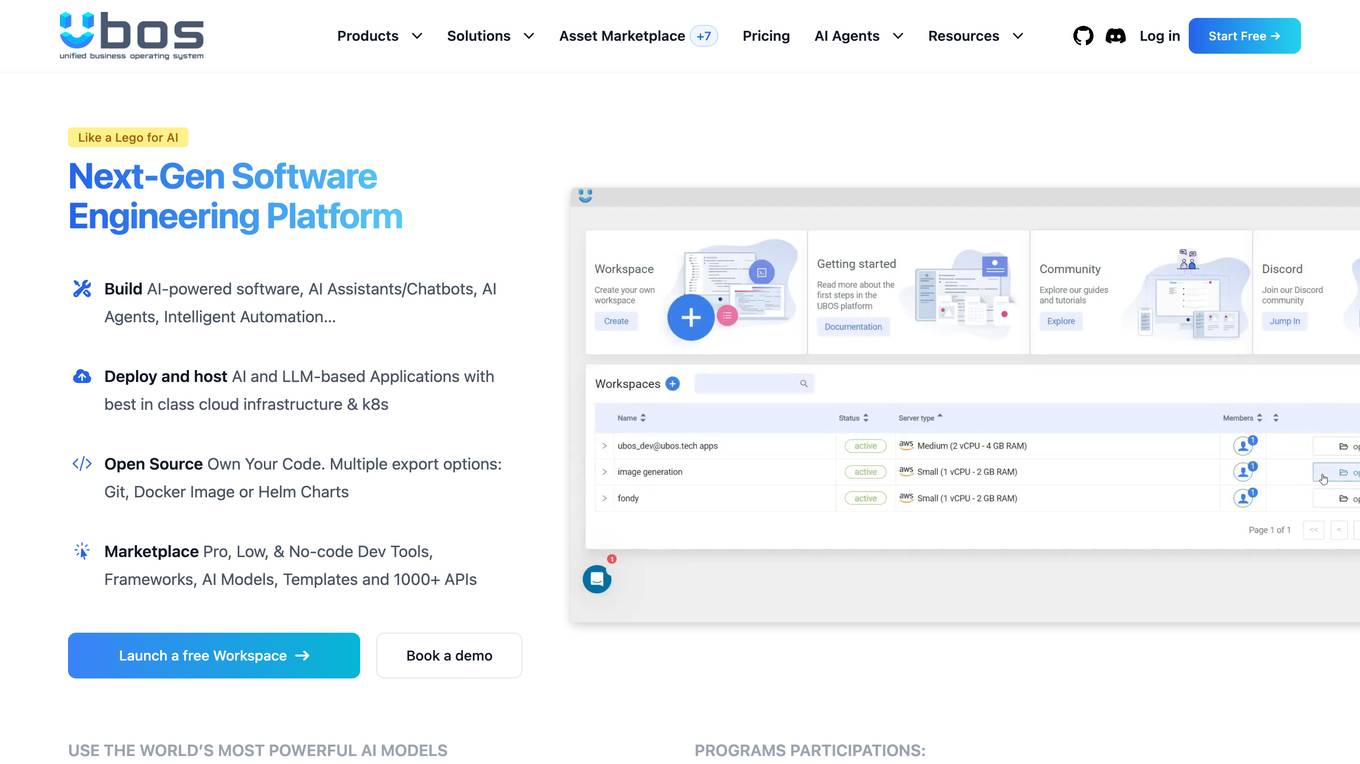
UBOS
UBOS is an engineering platform for Software 3.0 and AI Agents, offering a comprehensive suite of tools for building enterprise-ready internal development platforms, web applications, and intelligent workflows. It enables users to connect to over 1000 APIs, automate workflows with AI, and access a marketplace with templates and AI models. UBOS empowers startups, small and medium businesses, and large enterprises to drive growth, efficiency, and innovation through advanced ML orchestration and Generative AI custom integration. The platform provides a user-friendly interface for creating AI-native applications, leveraging Generative AI, Node-Red SCADA, Edge AI, and IoT technologies. With a focus on open-source development, UBOS offers full code ownership, flexible exports, and seamless integration with leading LLMs like ChatGPT and Llama 2 from Meta.
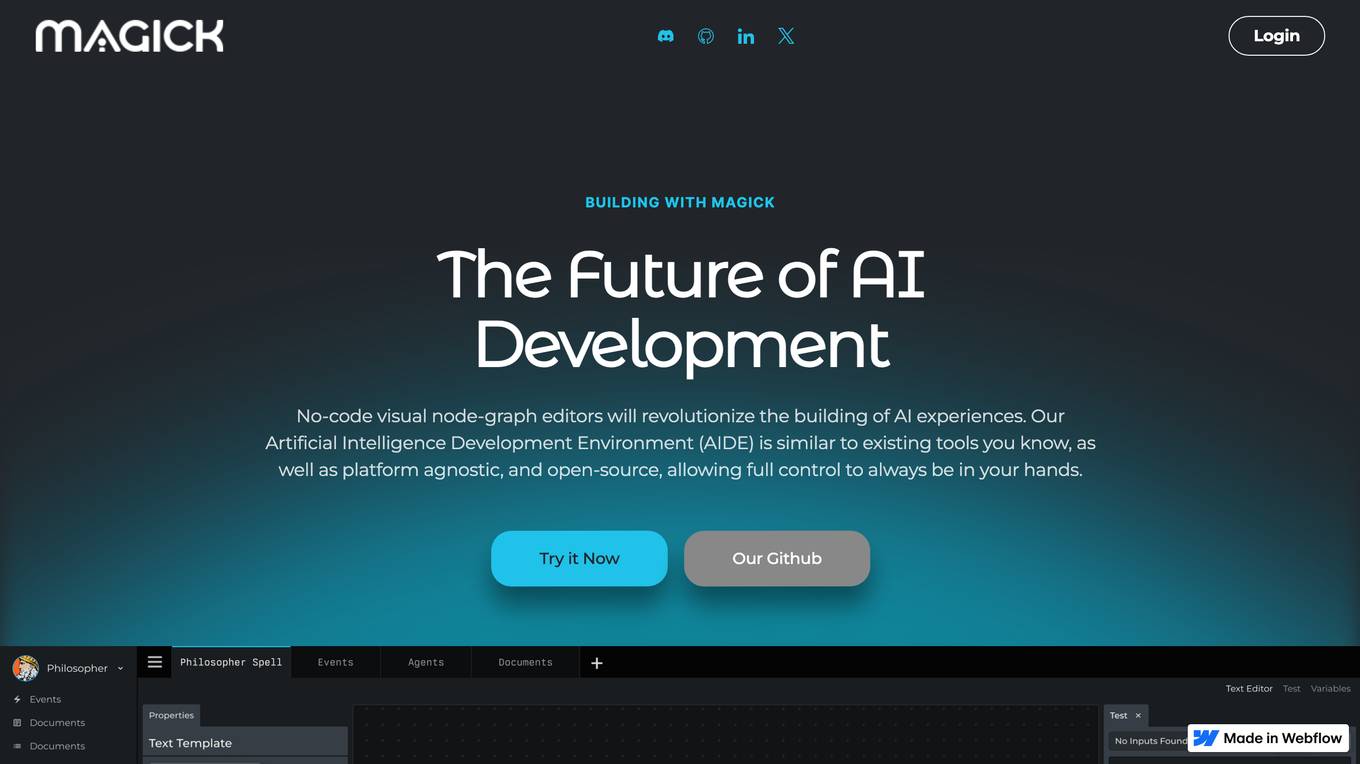
Magick
Magick is a cutting-edge Artificial Intelligence Development Environment (AIDE) that empowers users to rapidly prototype and deploy advanced AI agents and applications without coding. It provides a full-stack solution for building, deploying, maintaining, and scaling AI creations. Magick's open-source, platform-agnostic nature allows for full control and flexibility, making it suitable for users of all skill levels. With its visual node-graph editors, users can code visually and create intuitively. Magick also offers powerful document processing capabilities, enabling effortless embedding and access to complex data. Its real-time and event-driven agents respond to events right in the AIDE, ensuring prompt and efficient handling of tasks. Magick's scalable deployment feature allows agents to handle any number of users, making it suitable for large-scale applications. Additionally, its multi-platform integrations with tools like Discord, Unreal Blueprints, and Google AI provide seamless connectivity and enhanced functionality.
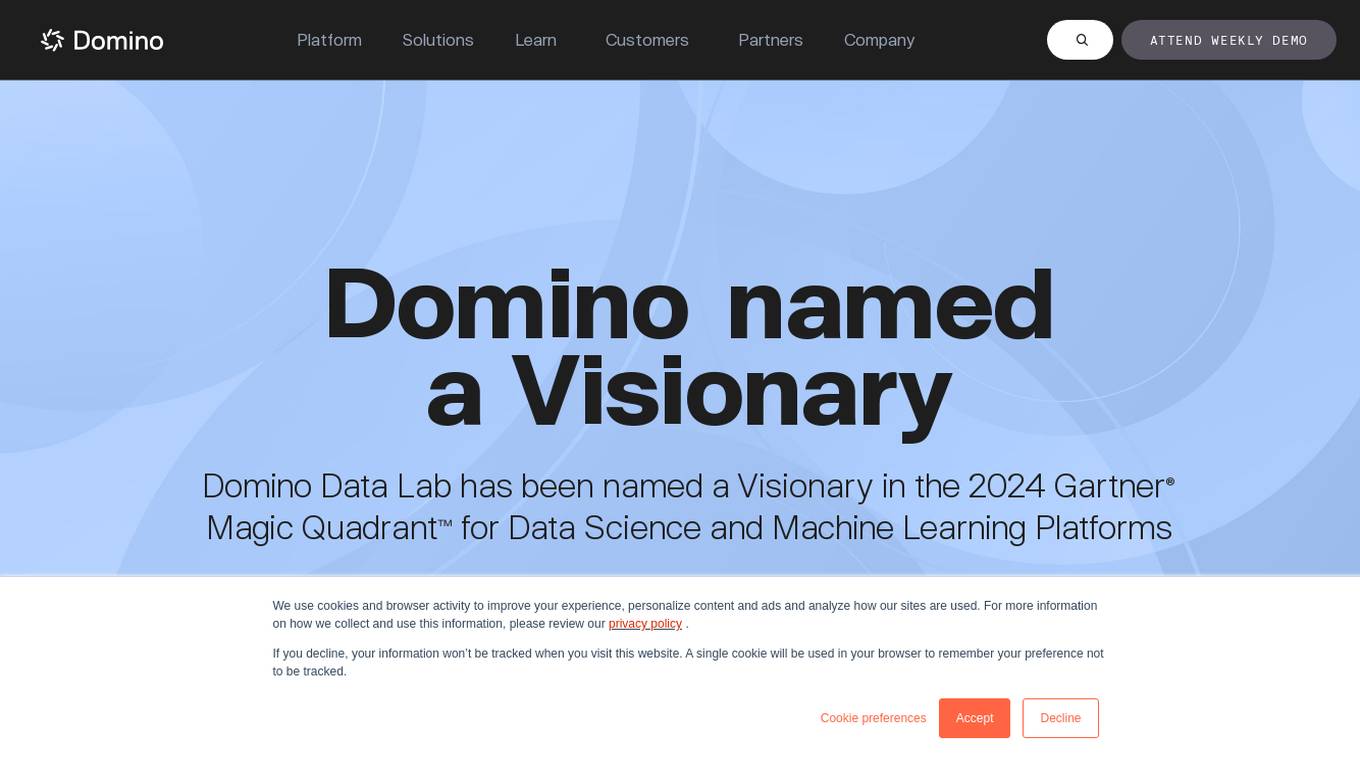
Domino Data Lab
Domino Data Lab is an enterprise AI platform that enables users to build, deploy, and manage AI models across any environment. It fosters collaboration, establishes best practices, and ensures governance while reducing costs. The platform provides access to a broad ecosystem of open source and commercial tools, and infrastructure, allowing users to accelerate and scale AI impact. Domino serves as a central hub for AI operations and knowledge, offering integrated workflows, automation, and hybrid multicloud capabilities. It helps users optimize compute utilization, enforce compliance, and centralize knowledge across teams.
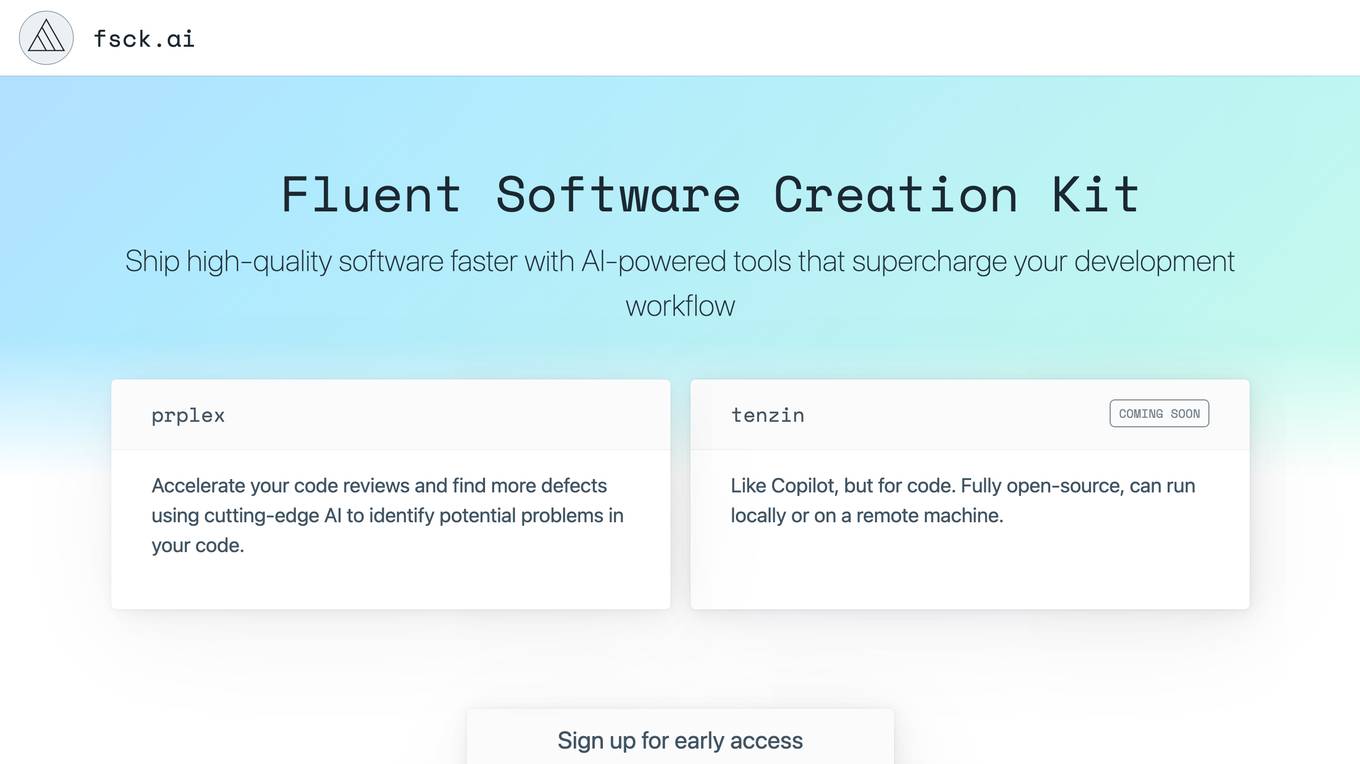
fsck.ai
fsck.ai is an AI-powered software creation kit designed to help developers ship high-quality software faster. It offers cutting-edge AI tools that accelerate code reviews and identify potential problems in code. Similar to Copilot, fsck.ai is fully open-source and can run locally or on a remote machine. Users can sign up for early access to leverage the power of AI in their development workflow.
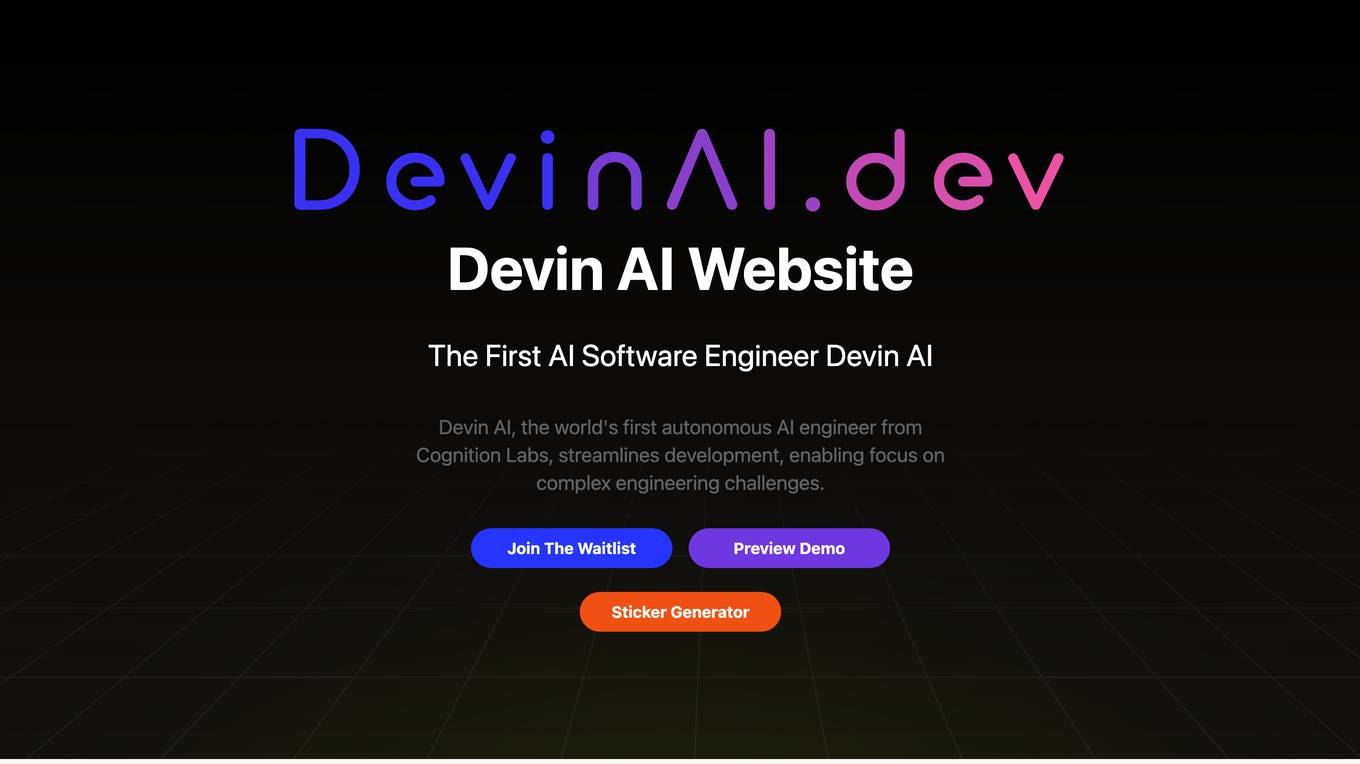
Devin AI
Devin AI, developed by Cognition Labs, is the world's first fully autonomous AI software engineer. It streamlines software development by handling complex tasks, allowing engineers to focus on more challenging aspects. Devin AI possesses advanced programming skills, can manage complex tasks, understands and learns contextually, integrates with developer tools, and offers collaborative features. It can build and deploy applications, detect and fix bugs, contribute to open-source projects, train AI models, and handle GitHub repositories. Devin AI has demonstrated strong performance in issue resolution, surpassing previous AI models. It is currently in early access, with plans for future enhancements and integration with various development tools and platforms.
0 - Open Source AI Tools
20 - OpenAI Gpts
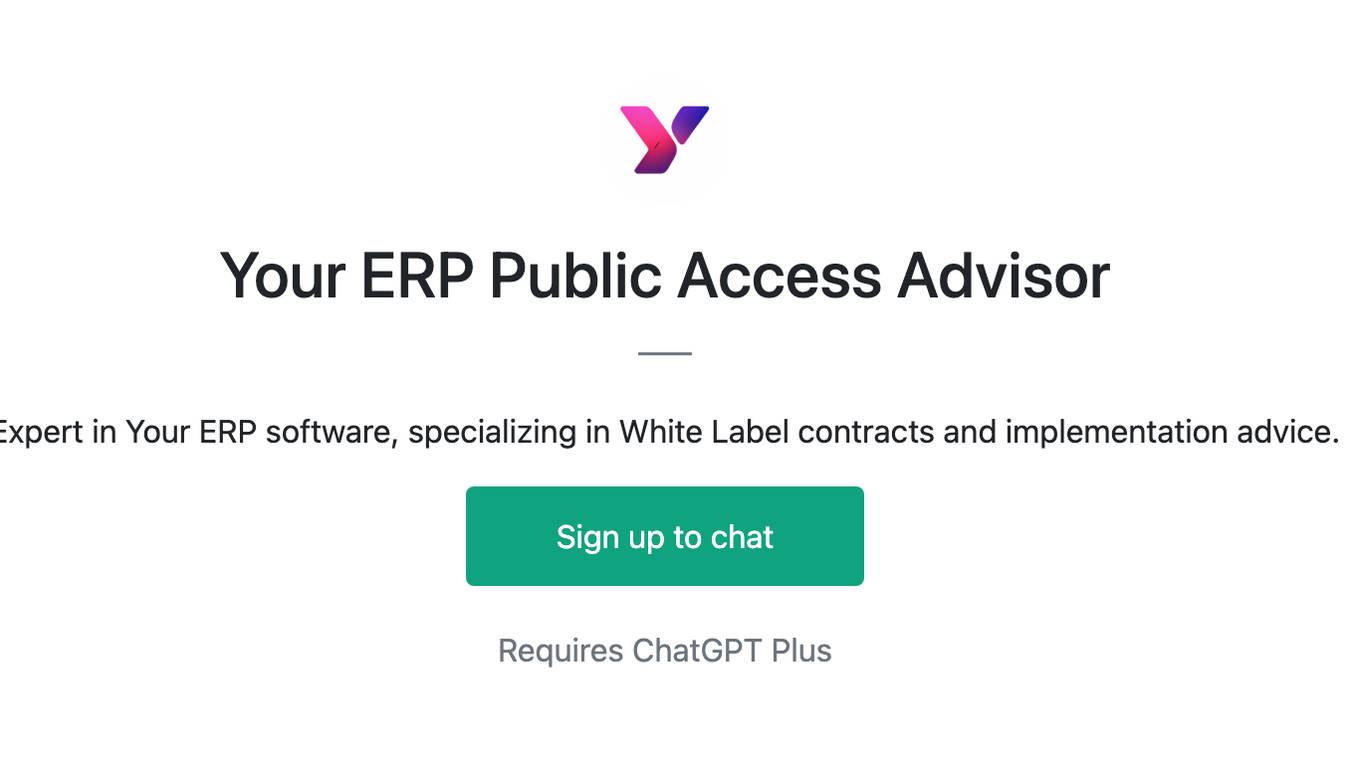
Your ERP Public Access Advisor
Expert in Your ERP software, specializing in White Label contracts and implementation advice.

GptInfinite - PAI (Paid Access Integrator)
💲Monetize your new or existing GPTs! 💳Choose from free trial, freemium or premium pricing models. 🔐Generate and verify keys. 📦Self contained w/ no need for apis or actions. ✨Instant access to updates. 💾Worry free backups ⏱Save time and effort. 💰Monetize today! -v0.60
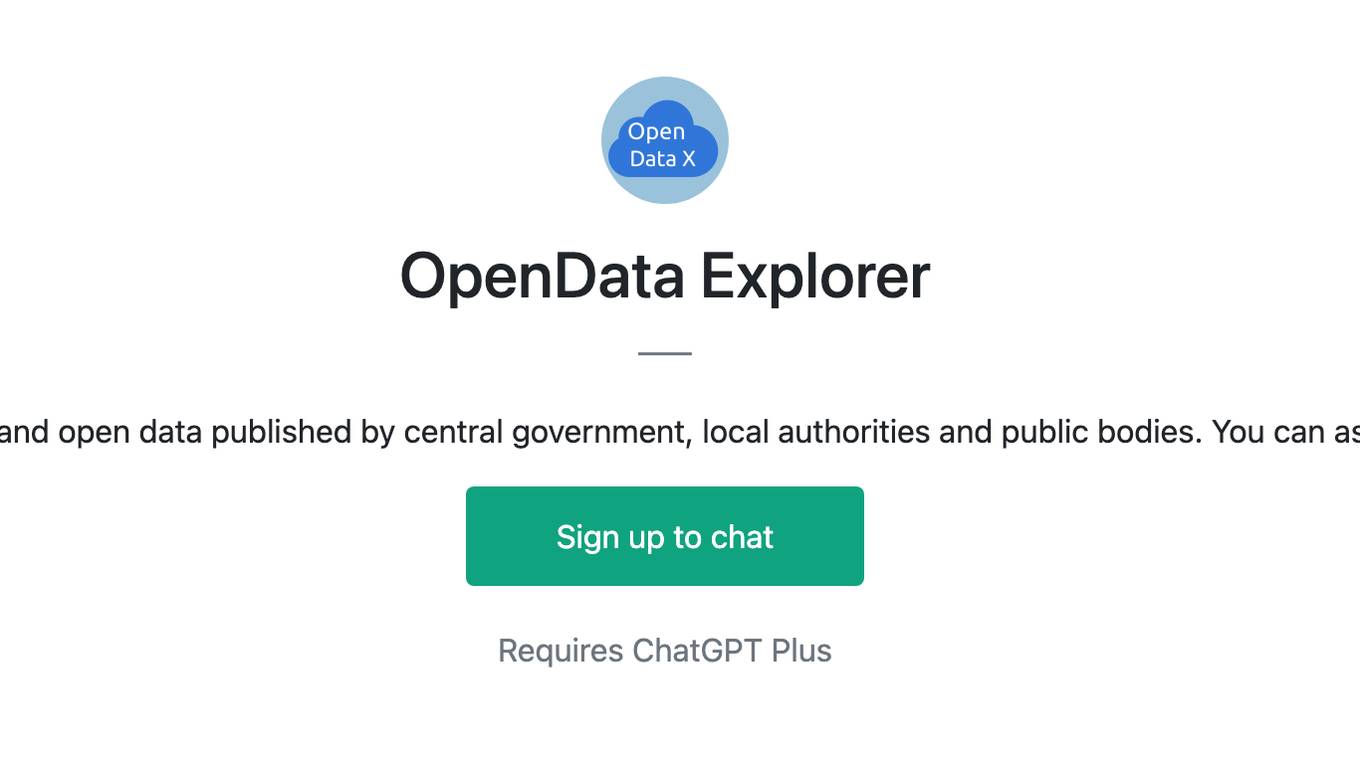
OpenData Explorer
I'll help you access and understand open data published by central government, local authorities and public bodies. You can ask me in your native language.

Car Repair Manuals
Access free car repair manuals and auto repair manuals with our AI tool. Ideal for DIY car repair, use online car repair manuals and download car repair manuals. Discover the best car repair manuals for beginners and use car diagnostic tools. Buy car parts online and follow a car maintenance .
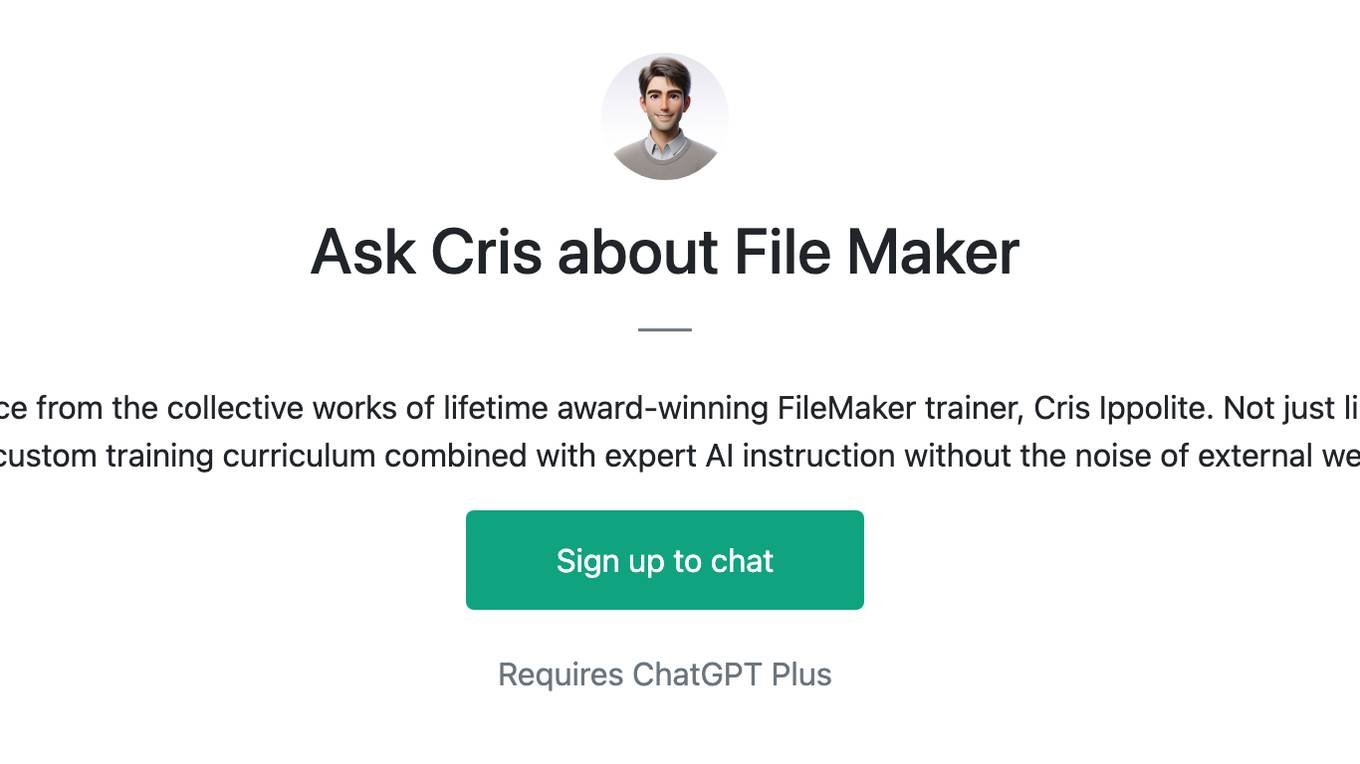
Ask Cris about File Maker
An experiment in personal FileMaker guidance from the collective works of lifetime award-winning FileMaker trainer, Cris Ippolite. Not just links to resources, but direct access to 20+ years of custom training curriculum combined with expert AI instruction without the noise of external web links.
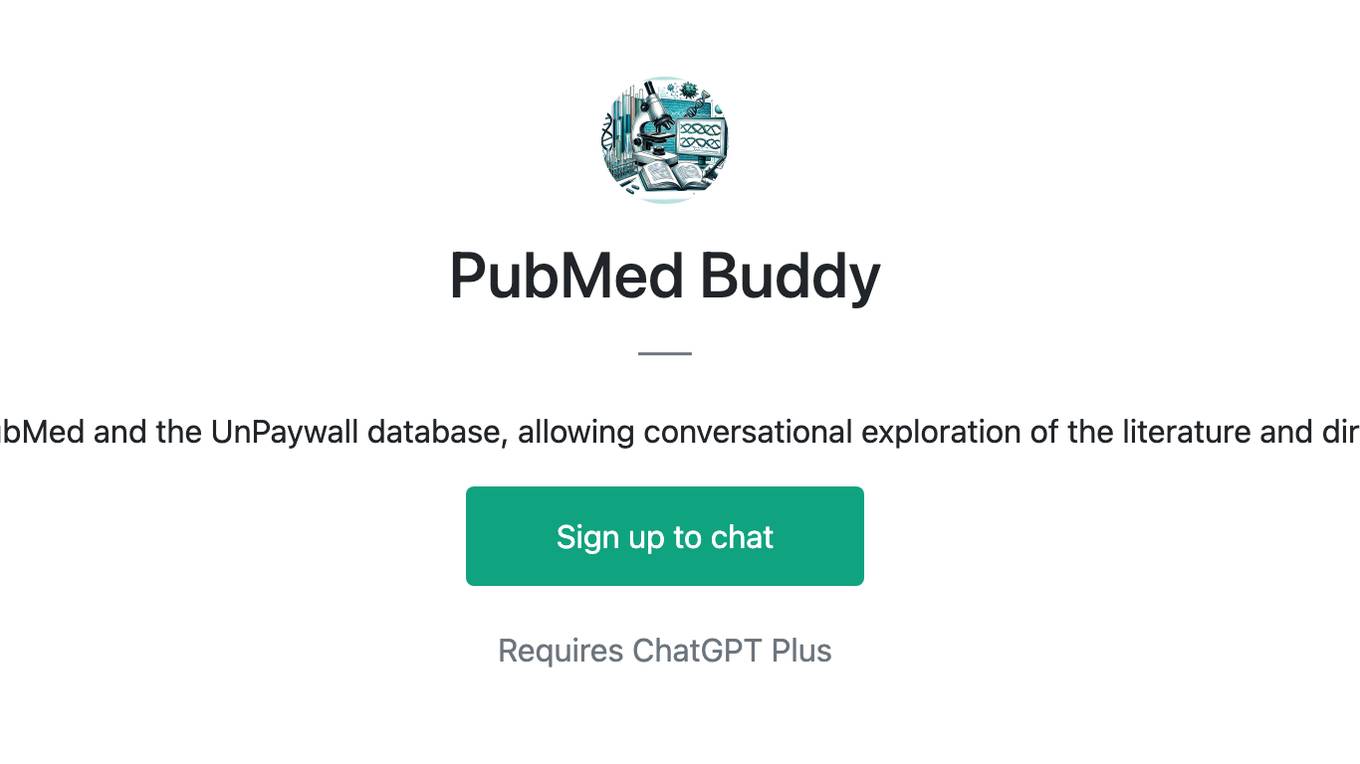
PubMed Buddy
This GPT has access to both PubMed and the UnPaywall database, allowing conversational exploration of the literature and direct access to full-text articles
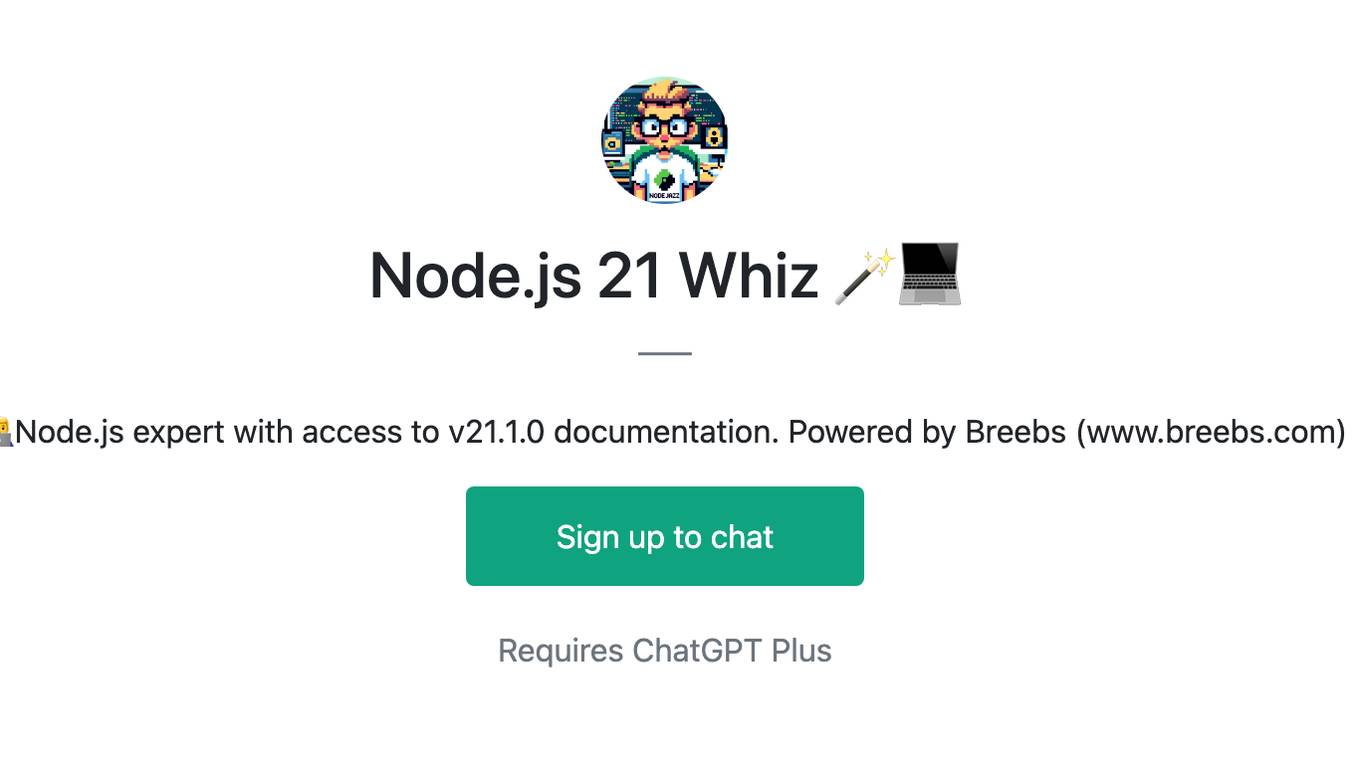
Node.js 21 Whiz 🪄💻
👨💻Node.js expert with access to v21.1.0 documentation. Powered by Breebs (www.breebs.com)
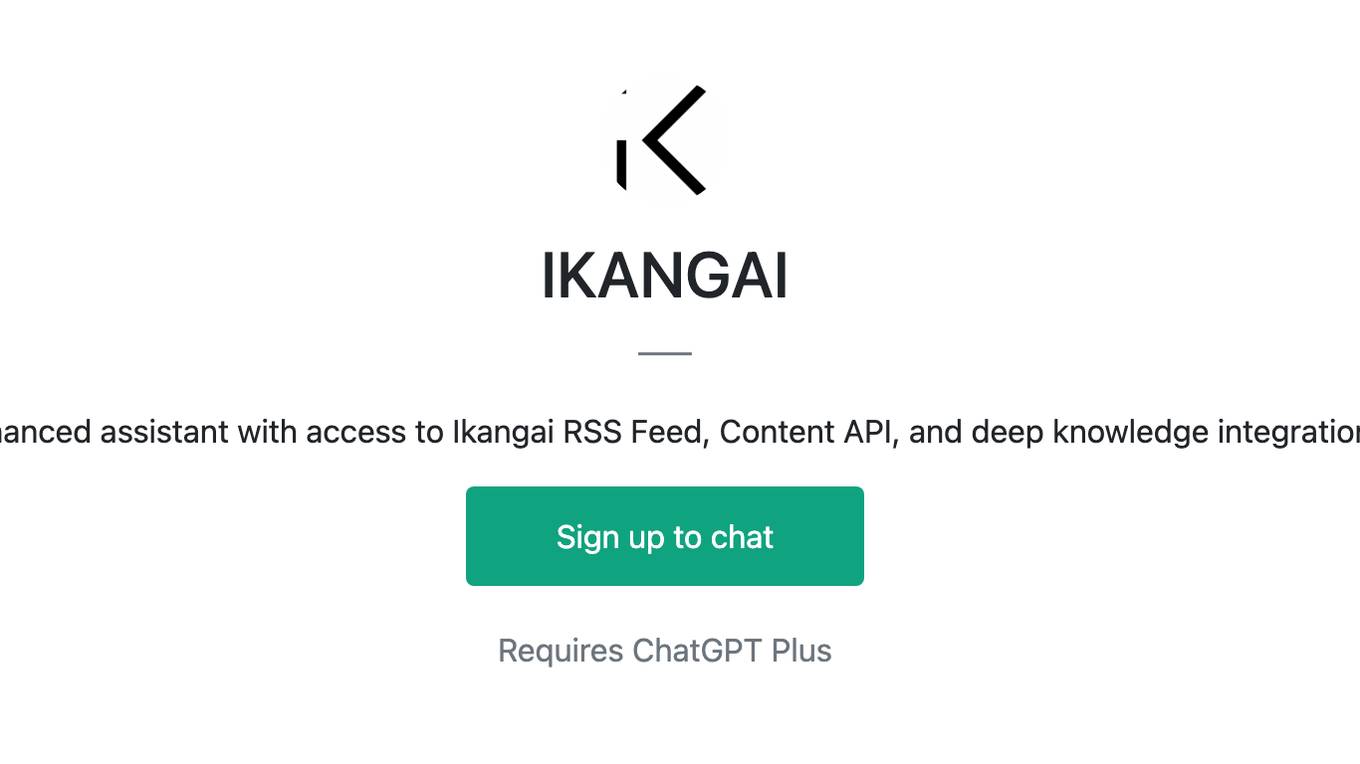
IKANGAI
Enhanced assistant with access to Ikangai RSS Feed, Content API, and deep knowledge integration.
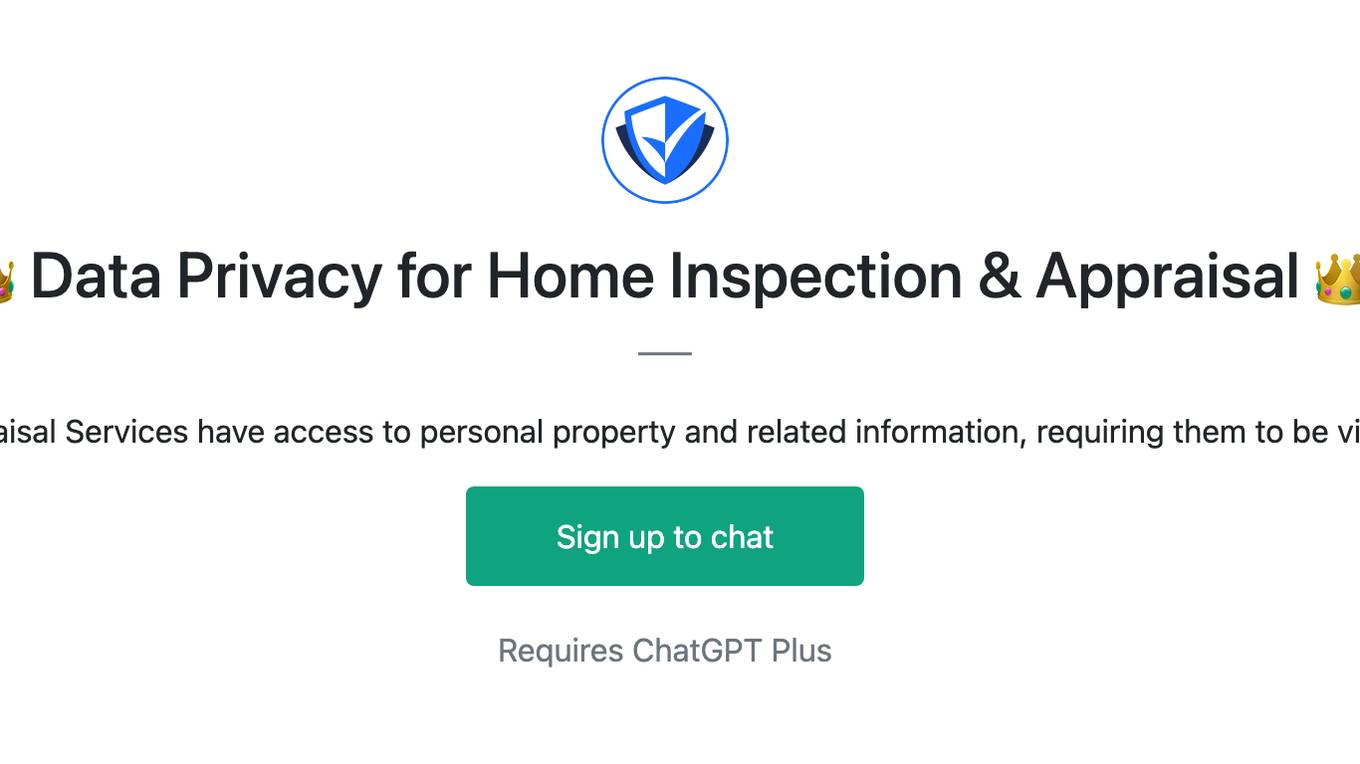
👑 Data Privacy for Home Inspection & Appraisal 👑
Home Inspection and Appraisal Services have access to personal property and related information, requiring them to be vigilant about data privacy.
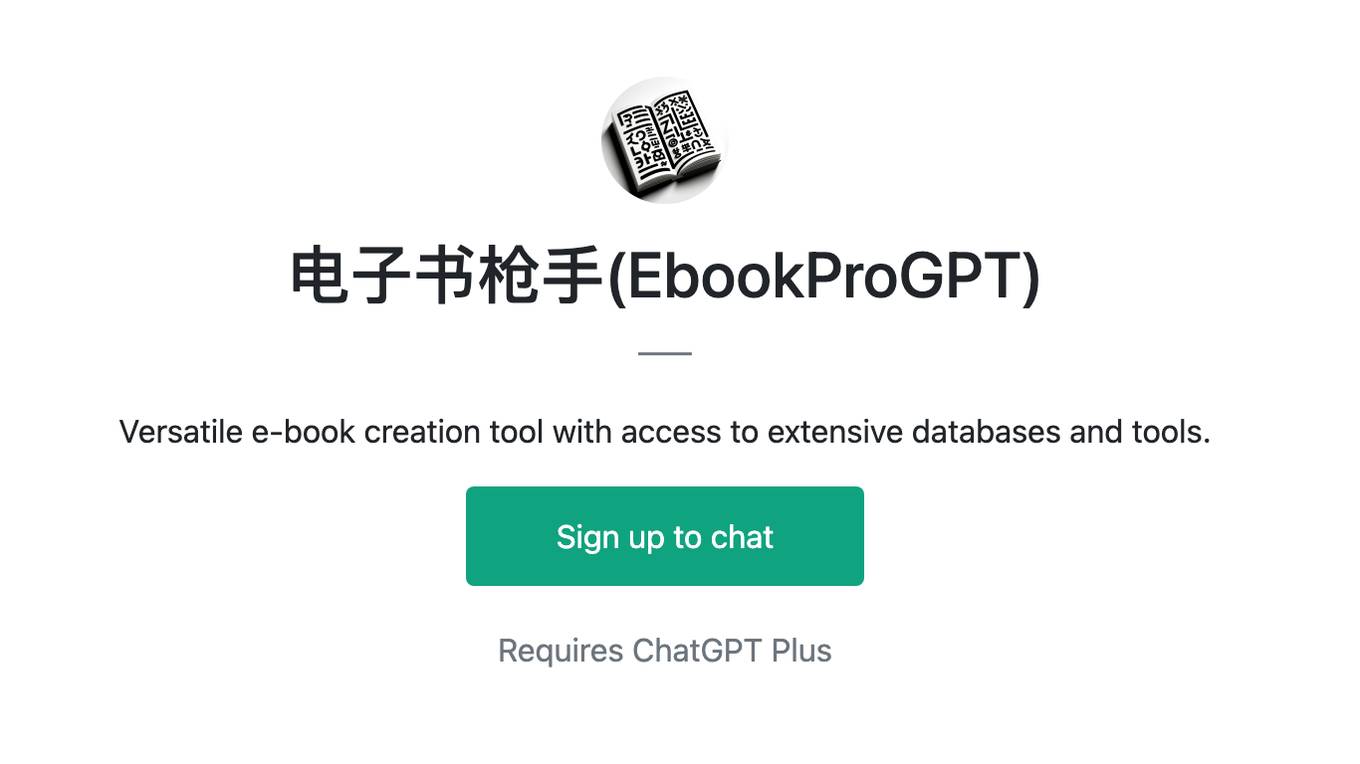
电子书枪手(EbookProGPT)
Versatile e-book creation tool with access to extensive databases and tools.

Quotient
Investment Co-Pilot: Portfolio backtesting and access to in-depth financial data and historical closing prices of US-listed companies. (Pulse formerly)


